Session Info
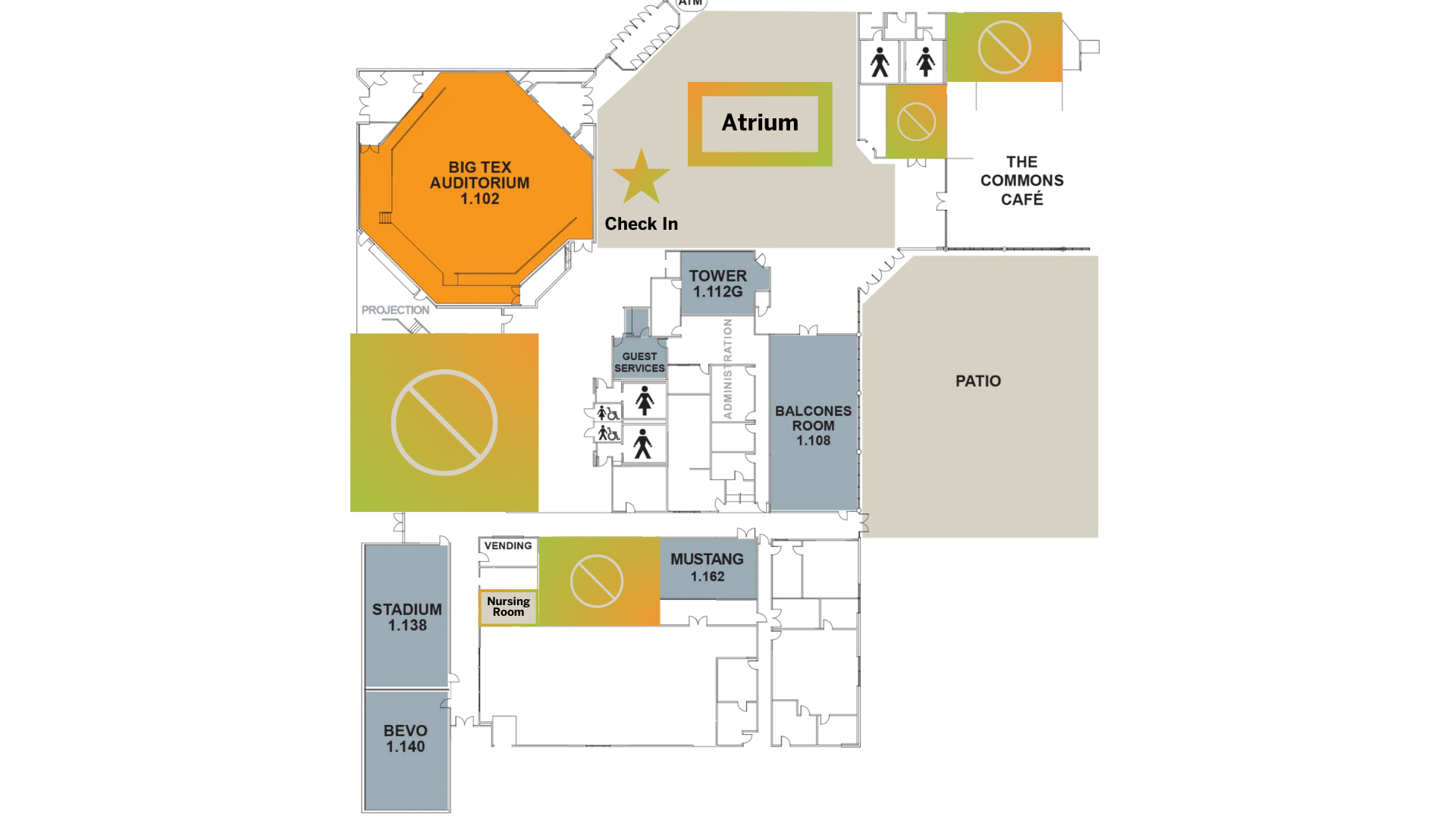
- STADIUM ROOM
Join us—a former mentor and mentee duo—as we share practical, evidence-based strategies for building strong, sustainable mentorship relationships. Learn how to foster deep trust, mutual growth, and reflective teaching practices that go beyond surface-level interactions. We’ll guide you through essential early steps, tools to support mentees to engage in reflective thinking, and techniques for navigating difficult dynamics. Leave this session equipped to create lasting, impactful connections that support both personal and professional growth.
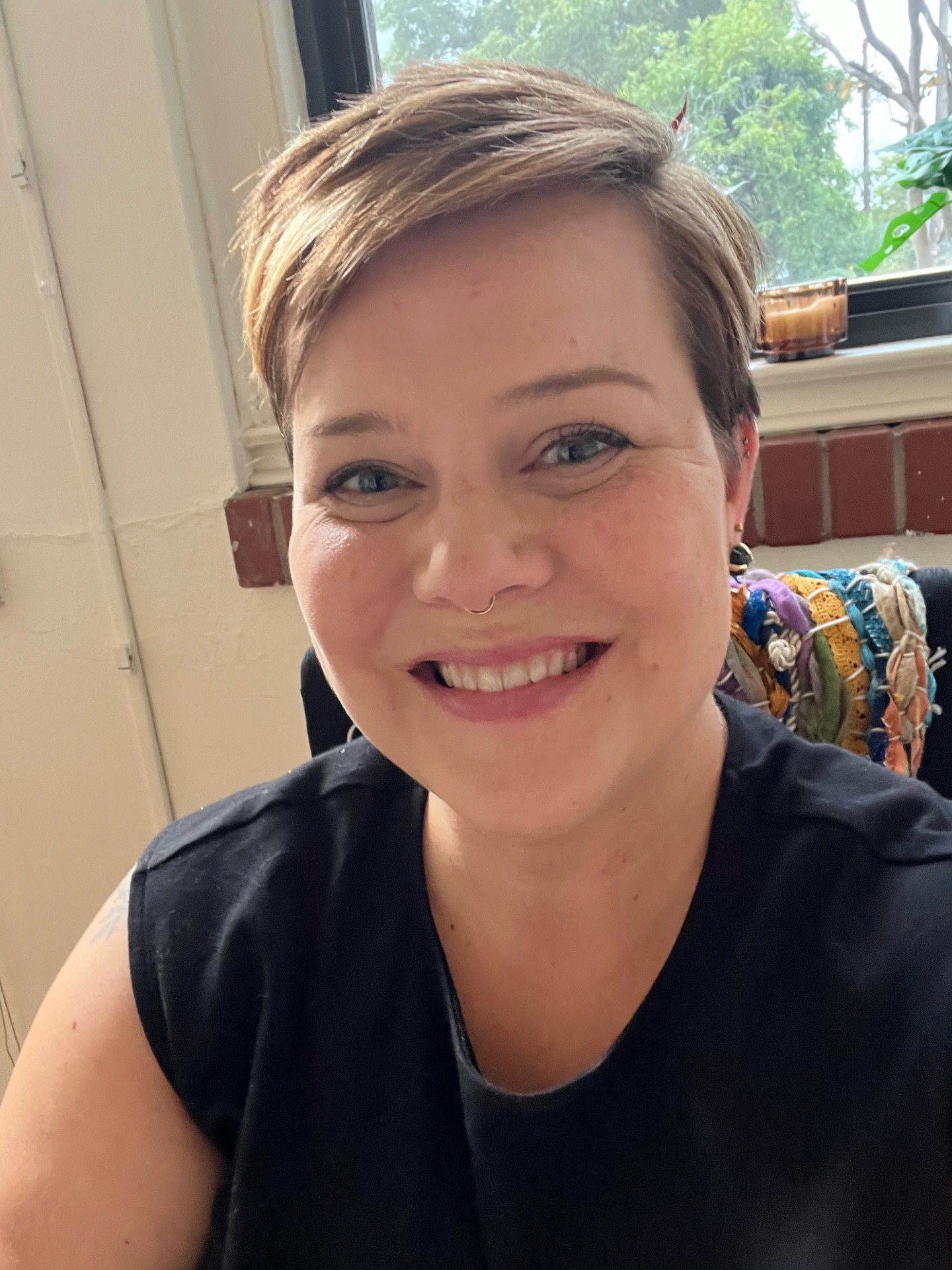
Emily Brandes
Instructional Coach
Becker Elementary School, Austin ISD
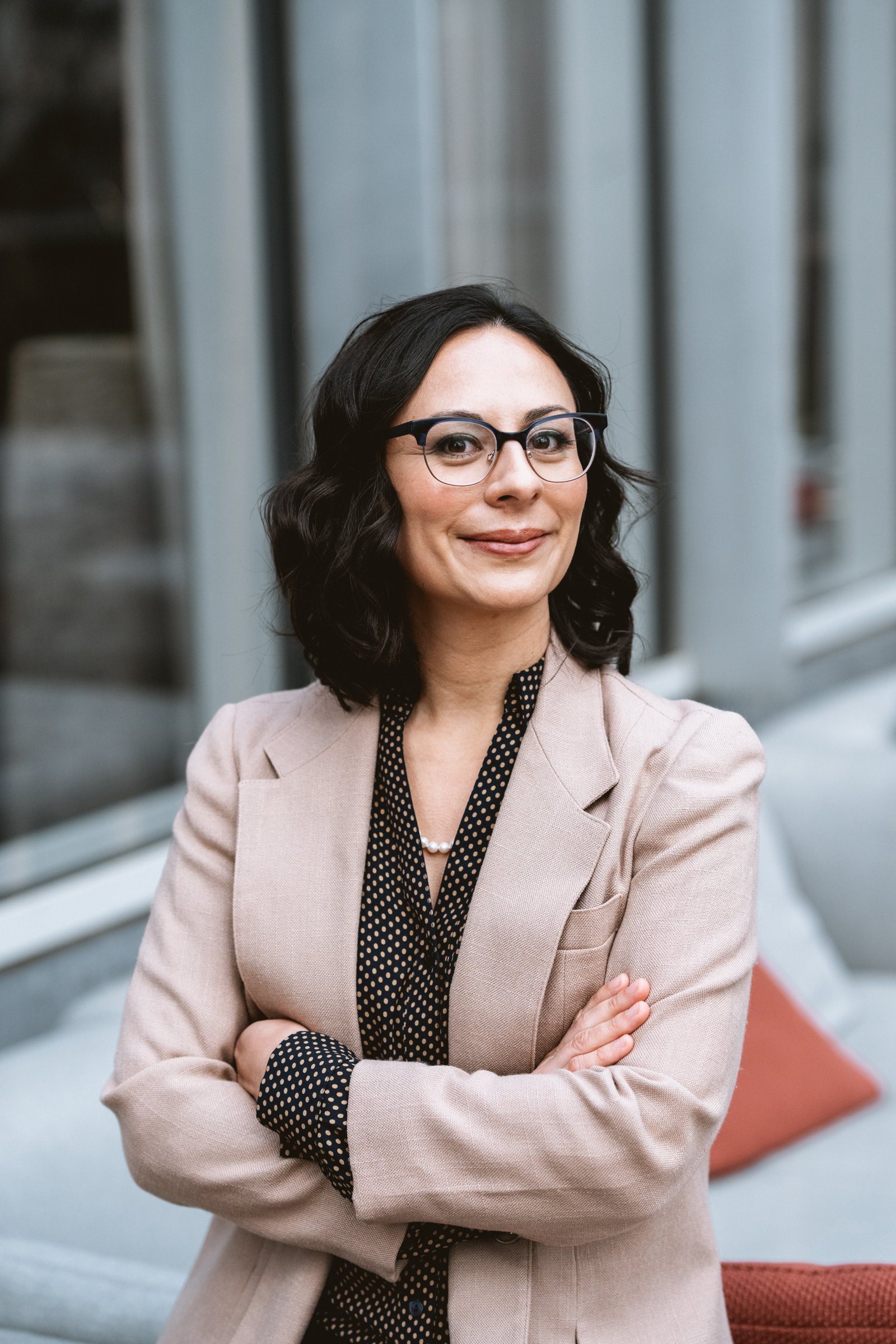
Jennifer Ross
THRIVE Coach
The University of Texas at Austin
- BEVO ROOM
For this 70-minute session, we will move through two objectives. First, identify elements of friction in mentor-mentee relationships, and second, discover effective strategies to strengthen these relationships. This session will provide practical tools and techniques for mentors and coaches aimed at fostering stronger relationships in today’s high-demand educational landscape. Special emphasis will be placed on creating healthy boundaries to ensure long-term sustainability in mentoring.
Interactive activities—including role-playing, self-reflection, and network-building exercises—will offer participants hands-on opportunities to apply the strategies they learn. By the end of the session, participants will leave with actionable strategies and resources to enhance their mentoring practices.
As Texas faces an increasingly inexperienced teaching workforce, with half of new teachers entering the classroom uncertified in the 2023-2024 school year, it is essential to support mentors who are tasked with guiding the next generation of educators. Mentoring, while crucial, can often add to the already overwhelming burdens faced by veteran teachers, especially when they are asked to support new teachers who may be underprepared and have fewer resources. However, research shows that a strong mentor-mentee relationship benefits both parties, contributing to their personal growth and a recommitment to the teaching profession. Strengthening these relationships not only supports retention but also fosters a culture of well-being that can lead to systemic change, improving the broader school environment.
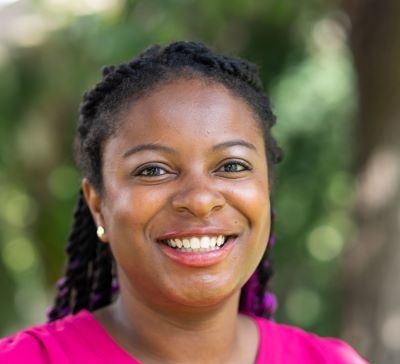
Ashli Duncan, MAT
Doctoral Candidate
The University of Texas at Austin
- MUSTANG ROOM
During this session, participants will explore and practice language and strategies mentors can use to adopt an appreciative, asset-based approach to coaching. Mentors and other leaders will be able to use these strategies to guide early career teachers (ECTs) to foster growth and resilience and help ECTs become more aware of their strengths and use them to move beyond the margins of and build on these strengths.
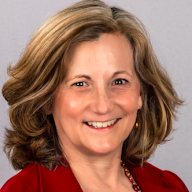
Valerie Taylor
PhD Student & Assistant Instructor
The University of Texas at Austin
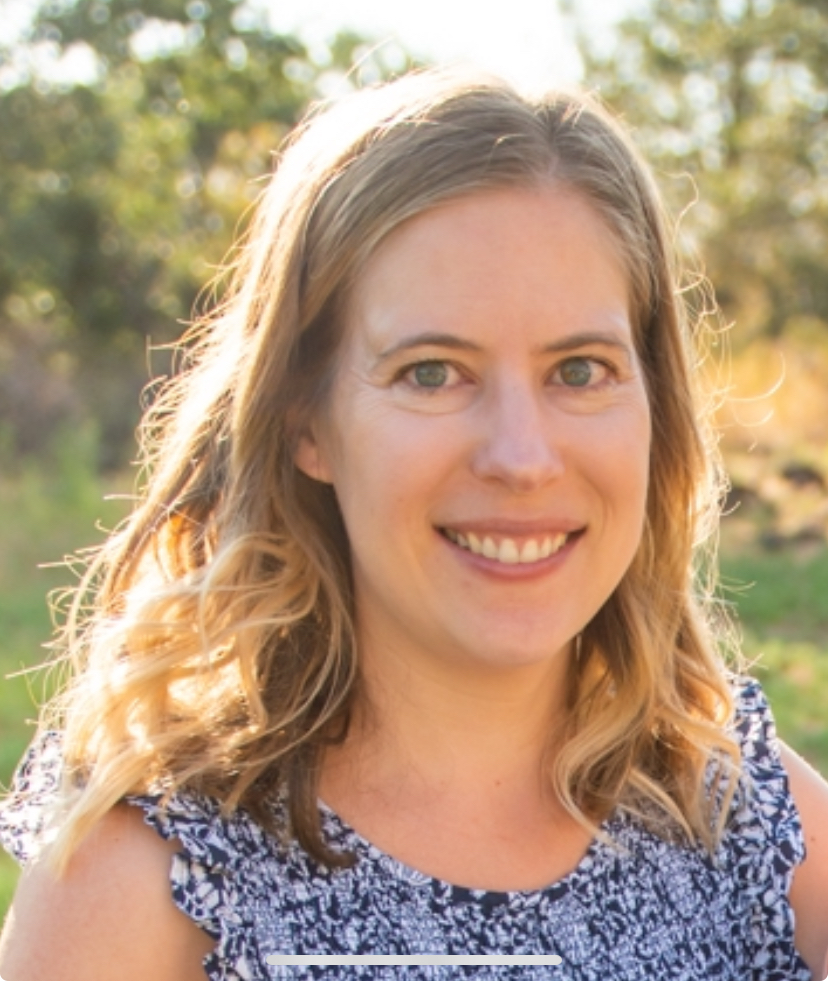
Emily McDonald
PhD Student & Assistant Instructor
The University of Texas at Austin
- TOWER ROOM
There is a common misconception that learning should feel easy and that increased effort or setbacks are signs that one is not learning. However, current research suggests that the strategies that cause students to experience challenge, struggle, and even failure are the strategies that are most effective for long-term learning.
In this workshop, we will introduce “Desirable Difficulty” approaches to learning that enhance long-term retention of concepts. The strategies we will cover in this session include: the testing effect, the pretesting effect, and distributed practice. We will give a brief overview of the research behind these strategies and how teachers can incorporate them into their daily instruction in a time-efficient manner. After engaging the audience in simulations designed to model how testing, pretesting, and distributed practice can look in the classroom, we will have participants create a plan for incorporating these strategies into their current curricula.
A common barrier to desirable difficulty learning strategies is that they can lead to negative student emotions, such as frustration and insecurity. In this workshop, we will introduce current research on mindset theory and self-compassion and how these frameworks can help students overcome the negative emotions associated with learning. We will engage the audience in practices that demonstrate how to help students reframe negative appraisals of setbacks into positive ones, and we will lead the audience in the development of effective forms of feedback for encouraging challenge-seeking behaviors in their students.
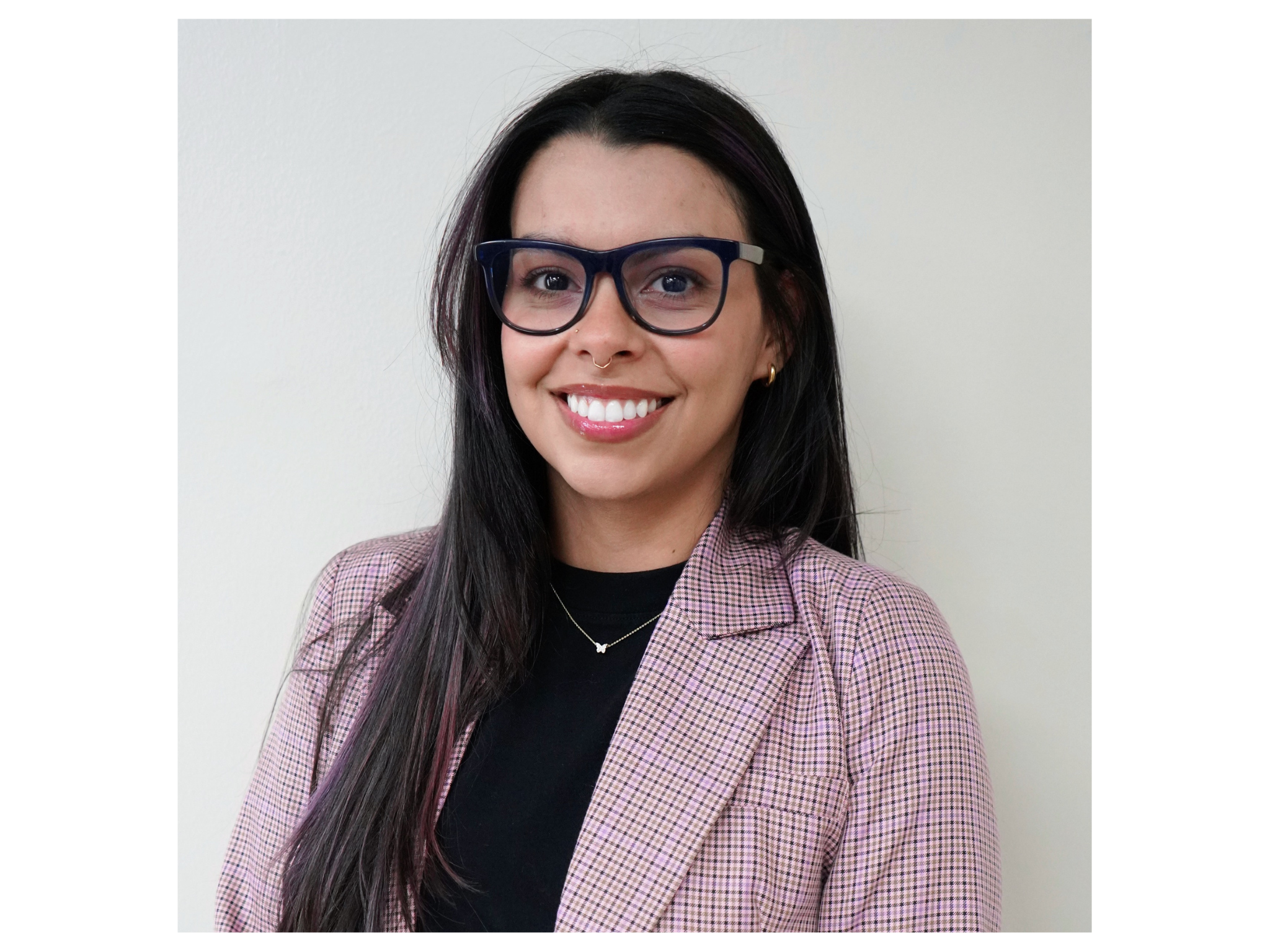
Stephany Duany Rea, MEd
PhD Candidate in Educational Psychology
The University of Texas at Austin
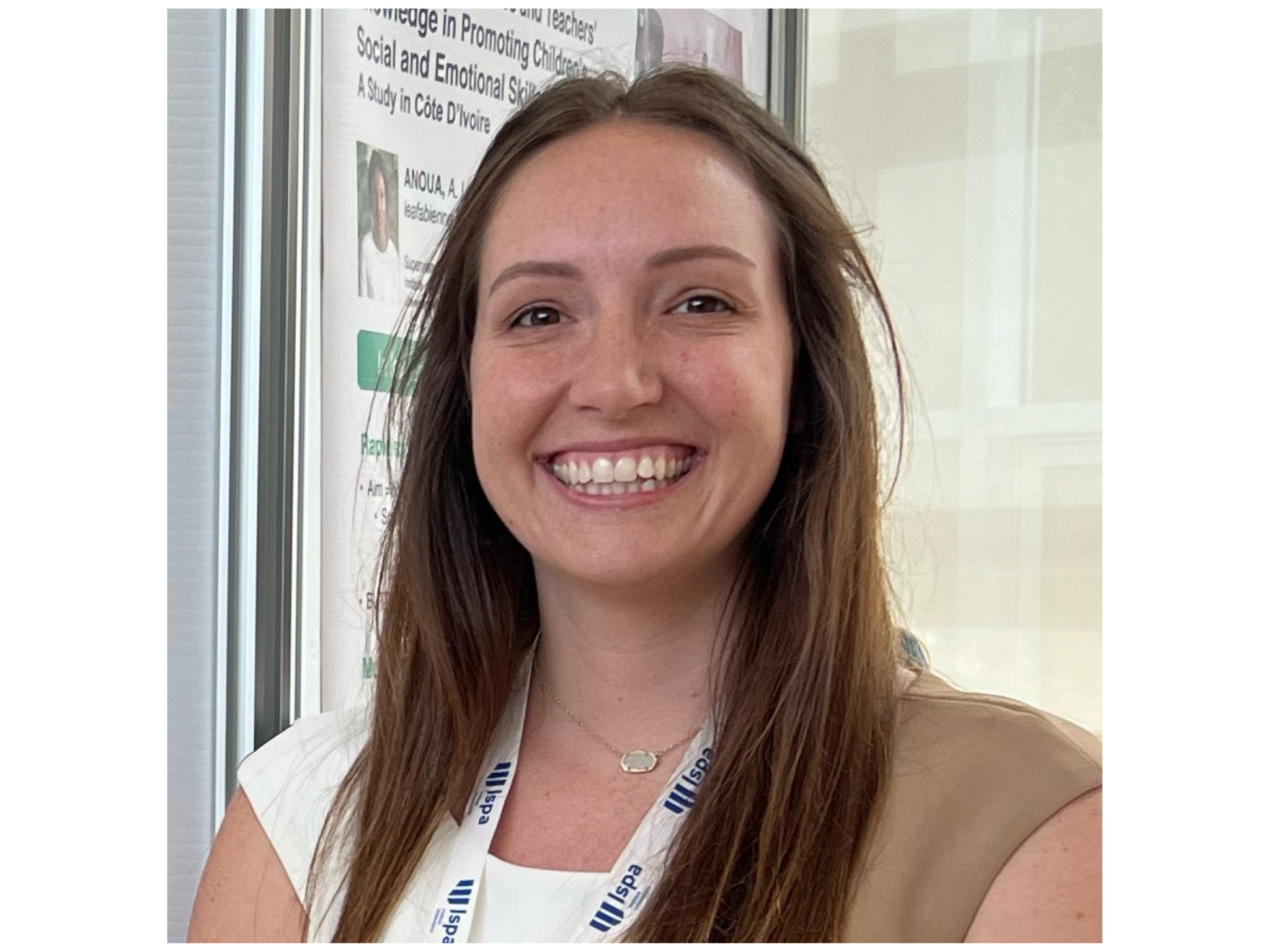
Jeanne Klovert, MA
PhD Student in Educational Psychology
The University of Texas at Austin
- BALCONES ROOM
Closed session, invite-only.
- STADIUM ROOM
This session is designed to empower mentors and educational leaders with the tools and strategies needed to provide effective, ongoing support to early career teachers. The focus will be on helping mentors guide their mentees through the complexities of educational systems, ensuring they not only survive their first year but thrive in it. Attendees will gain practical skills for supporting teachers in navigating relationships, resources, and culture in ways that foster growth and success throughout the year.
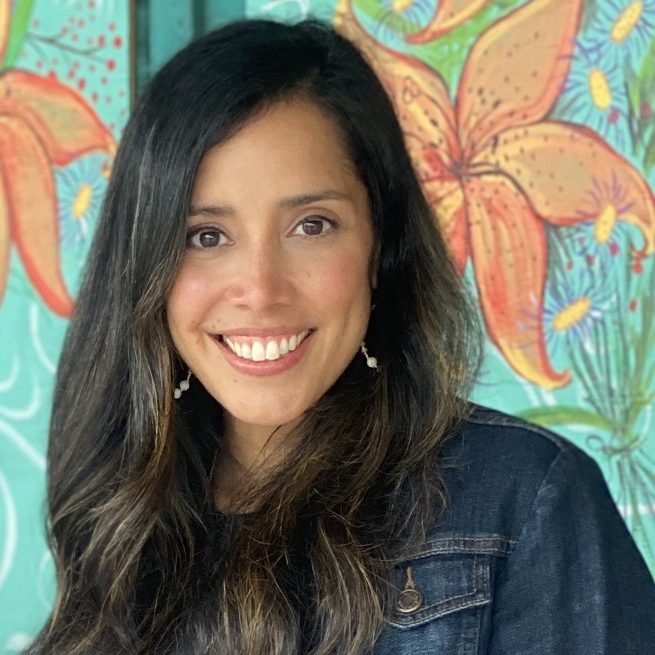
Julie Carmona, MEd
Instructional Coach
Galindo Elementary School, Austin ISD
- BEVO ROOM
This session is designed to provide teachers with practical, evidence-based tools to create inclusive, engaging, and responsive classroom environments. The focus is on using data to inform instruction, rather than relying on assumptions about what students know. By the end of the session, educators will be equipped with strategies based on Universal Design for Learning (UDL) principles that can be applied to all grade levels and settings, including general education, co-teaching, life skills, and special day classes. These strategies are particularly useful for those working in collaborative teams or striving to implement co-teaching and inclusion models.
Participants will explore how to use formative assessments and simultaneous response tools to gather real-time data on student understanding. This data will guide instructional decisions, allowing teachers to adjust their practices to meet individual students’ needs. The session will focus on backward planning, creating flexible groupings, and using formative assessments to shape daily instruction. Teachers will learn to design responsive, dynamic lessons based on the data they collect from students.
The workshop is interactive, with opportunities for teachers to explore specific UDL strategies for co-teaching and collaborative planning. Teachers will also learn how to integrate UDL into curriculum maps, using these to inform both formative and summative assessments. By the end of the session, participants will have a solid understanding of how to use real-time data to create flexible groupings and responsive instruction that keeps students engaged.
Educators will walk away with concrete resources and strategies to implement immediately in their classrooms, such as flexible grouping templates and formative assessment tools. They will be ready to plan and adjust instruction based on ongoing data, fostering more inclusive and engaging learning environments where all students can succeed.

Laurel Nelson, MEd
Doctoral Student in Special Education
The University of Texas at Austin

Chris Prindle, MEd
Graduate Research Assistant in Special Education
The University of Texas at Austin
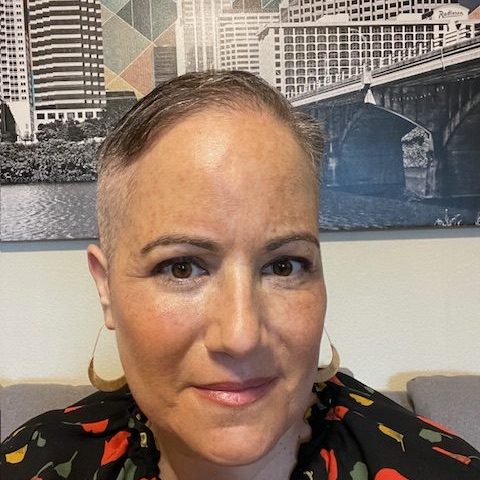
Michele Roseman, M.A.
Doctoral Student in Special Education
The University of Texas at Austin
- MUSTANG ROOM
Del Valle ISD is a rapidly growing community southeast of Austin. Responding to high turnover rates among early career teachers, we have reimagined our new teacher support system to better meet the needs of our newest educators. Our partnership with Texas Education THRIVE has strengthened our commitment to career pathways and distributed leadership for teachers on our campuses. In the THRIVE model, mentors teachers become the lever of change for improving a sense of belonging, effectiveness, and efficacy for new teachers on the campus. By extension, the focus on mentor-mentee relationships has a positive impact on the instructional teams campuswide. THRIVE elevates the role of the mentor providing professional learning, in field coaching, and technical assistance to our instructional coaches and leadership teams. Including campus mentors in our approach to teacher support and development has enabled our team to spend more coaching time with individual teachers on our campus. It has also provided a career pathway for strong teachers seeking additional responsibilities and leadership opportunities. By elevating the role of the mentor and empowering their expertise, our new teachers are thriving.
Participants in this session will learn about our district’s partnership with Texas Education THRIVE and the positive impacts we’re seeing for both teachers and students in our schools.
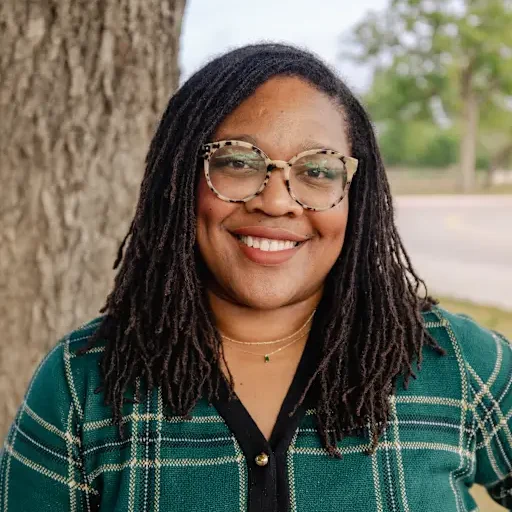
Janeigh Jones
Principal
Hornsby Elementary School, Del Valle ISD
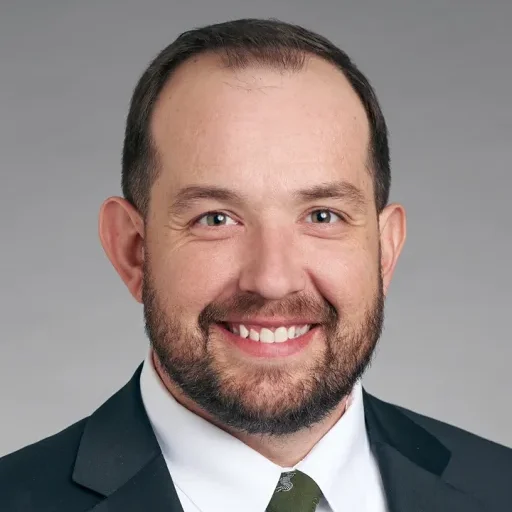
Zach Beshea
Principal
Hillcrest Elementary School, Del Valle ISD
- TOWER ROOM
Early career teachers enter the profession with promise—but too often face overwhelming demands, certification barriers, and professional isolation that lead to early burnout and high turnover.
In this session, Round Rock ISD shares how its Human Resources team is shifting that narrative through a comprehensive, human-centered retention strategy. Key supports include personalized certification guidance, one-on-one HR check-ins, and scholarship opportunities that ease financial strain. The district also invests in teacher residency programs that provide strong mentorship and real-world classroom experience from day one.
Participants will explore how RRISD’s layered approach—financial, emotional, and professional—helps move new teachers beyond survival mode. Walk away with actionable strategies for using HR systems, funding, and mentorship structures to build a confident, committed early career teaching force in your own district.
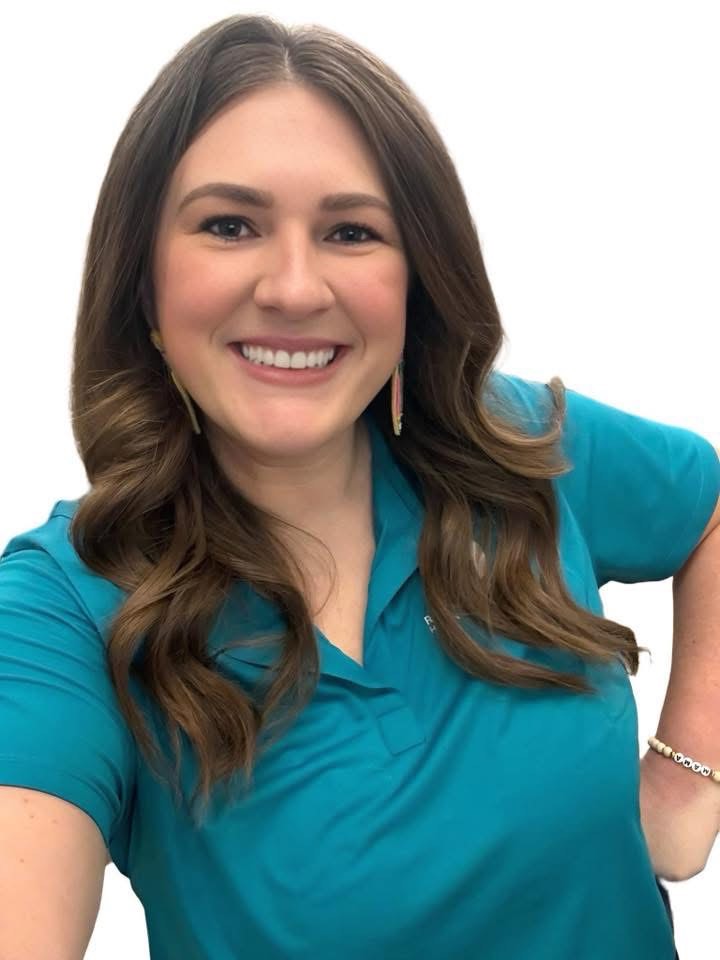
Taylor Ratliff
Assistant Director of Strategic Staffing and Recruitment
Round Rock ISD
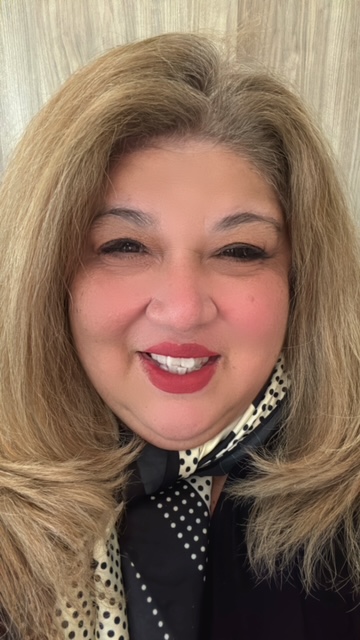
Amelie Sanchez
Director of Staffing & Talent Acquisition
Round Rock ISD
- BALCONES ROOM
Early career teachers enter the profession with a strong commitment to equity and a passion for supporting diverse learners. As they begin working with multilingual families in special education, they may encounter systemic barriers that require thoughtful navigation and support. This interactive workshop will focus on how mentors can support new teachers in navigating administrative burdens that impact culturally and linguistically diverse families in special education processes such as evaluation, IEP meetings, and transition planning.
Together, we will:
- Identify how administrative burdens show up in special education policies and practices.
- Share and co-create strategies to build relationships with culturally and linguistically diverse families with a student in special education—to support authentic engagement.
- Exchange tools and practices mentors can use to help their mentees navigate these systemic challenges and advocate for more inclusive, accessible processes.
Participants will engage in scenario-based activities that will surface common challenges new teachers face when working with multilingual families and special education systems. We will analyze real-world cases, practice identifying points of potential friction, and co-develop approaches to reduce barriers. Resources will include reflection prompts and discussion questions for use in mentor-mentee meetings. This session is rooted in the belief that navigating systems and transforming them requires shared knowledge, reflection, and collaboration. Mentors will leave with tools to support new teachers in not only navigating special education policies, but also identifying and addressing the inequities embedded within them.
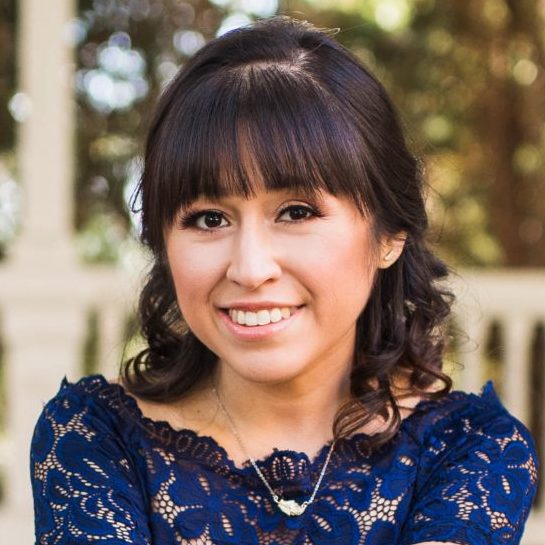
Lizeth I. Lizarraga-Duenas
Doctoral Student in Education Leadership & Policy
The University of Texas at Austin
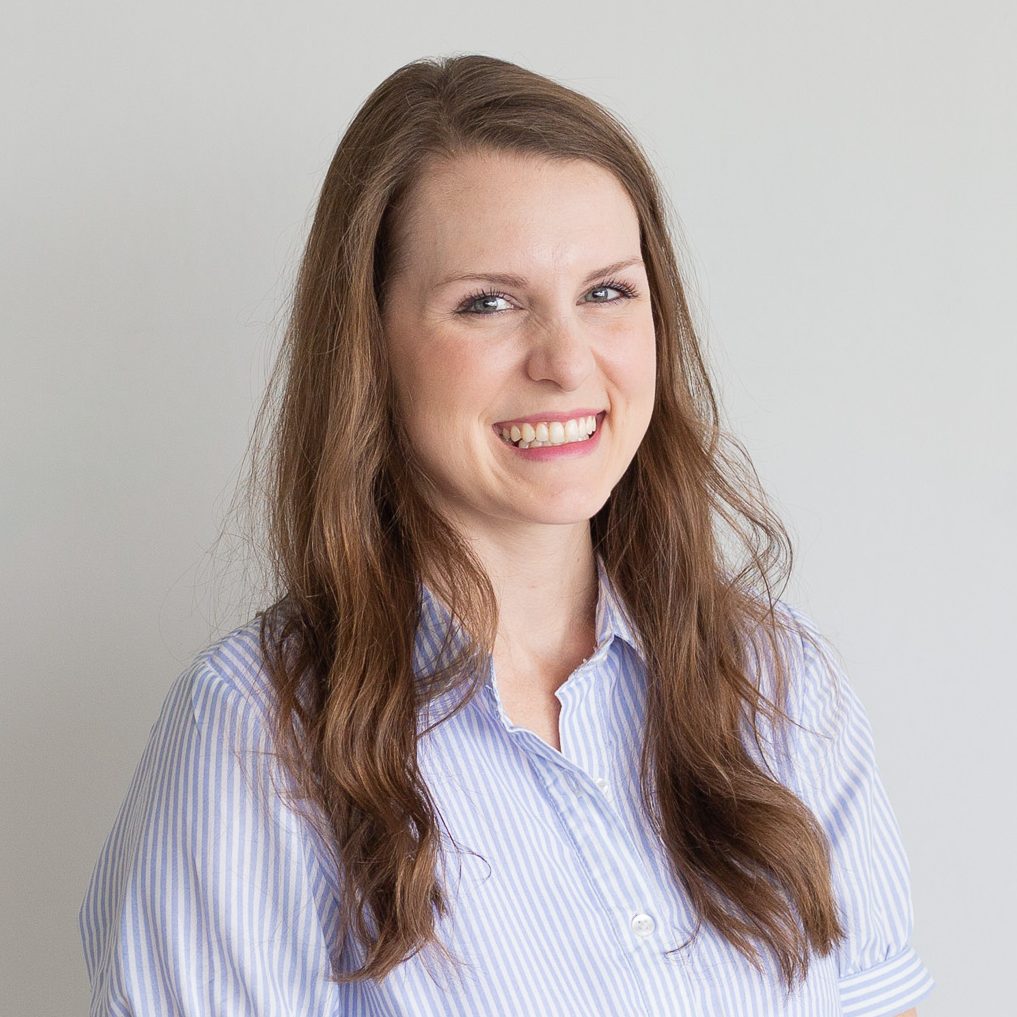
Karly Conroy
Doctoral Student in Education Leadership & Policy
The University of Texas at Austin
- STADIUM ROOM
Mentors have a big lift supporting early career teachers, and administrators play a huge role in the successes of developing and retaining classroom teachers who enter schools in a non-traditional way. As schools across the country face increasing teacher shortages, the number of uncertified and alternatively certified teachers entering classrooms continues to rise. This session explores practical, lived-experiences that administrators can implement to support these educators while maintaining instructional quality and student outcomes. Participants will learn how to build strong mentorship structures, design targeted professional development, and foster an inclusive school culture that celebrates and values growth. Real-world examples, tools, and resources will be shared to help school leaders create sustainable systems that empower all teachers—certified or not—to thrive.
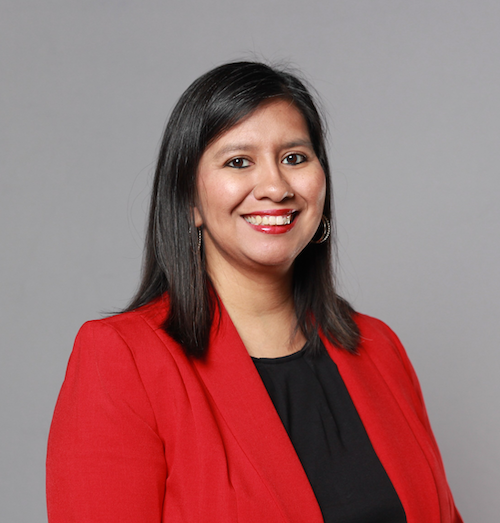
Amy Gonzales, Ed.D.
THRIVE Program Administrator
The University of Texas at Austin
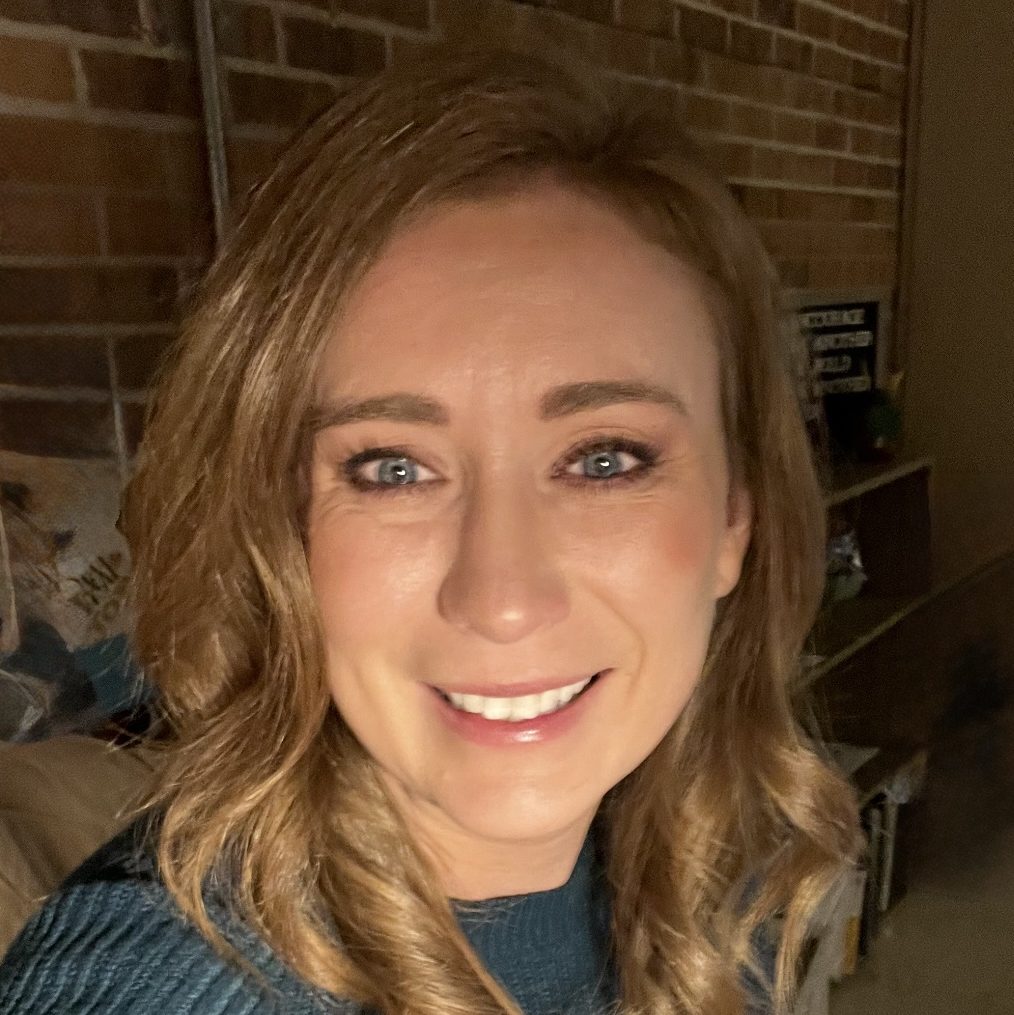
Cynthia Julian, MEd
Assistant Principal
Crockett Early College High School, Austin ISD
- BEVO ROOM
When Spanish-speaking students appear to struggle with reading, it is tempting to think that special education is the only solution. However, inappropriate referrals of Spanish speaking bilingual students to special education, and the latter’s limitation to close achievement gaps, have long been a concern for both researchers and practitioners. In this presentation, I will share a cross-language analysis that can help new teachers distinguish second-language acquisition from reading disorders or disabilities (Klingner, Artiles, & Méndez Barletta, 2006). We will examine structural differences between Spanish and English, (Honig, Diamond & Gutlohn, 2000), including the different role-played by vowels and syllables during literacy acquisition and development. We will also discuss the role of prior language and cultural experiences on the apparent vocabulary and comprehension challenges that can be attributed to Spanish-speaking English language learners.
The session will have the following objectives:
- Participants will discuss how these cross-linguistic connections may be particularly useful to build a new kind of awareness for educators who work with students who are appear to struggle with the acquisition of reading, when bilingual support is not possible. As resources, I will provide graphic organizers, scenarios and guided questions to contextualize the discussion.
- Participants will analyze structural differences between English and Spanish that are relevant for reading and that tend to be underestimated based on an overgeneralization of the common alphabetic characteristics of these two languages.
- Participants will examine how a new understanding of the structural differences between Spanish and English, as well as new mentalities for the unexpected prior language and cultural experiences may lead to alternative explanations for the reading difficulties of Spanish-speaking students.
- Participants will discuss instructional supports that specifically target each of the apparent difficulties discussed.
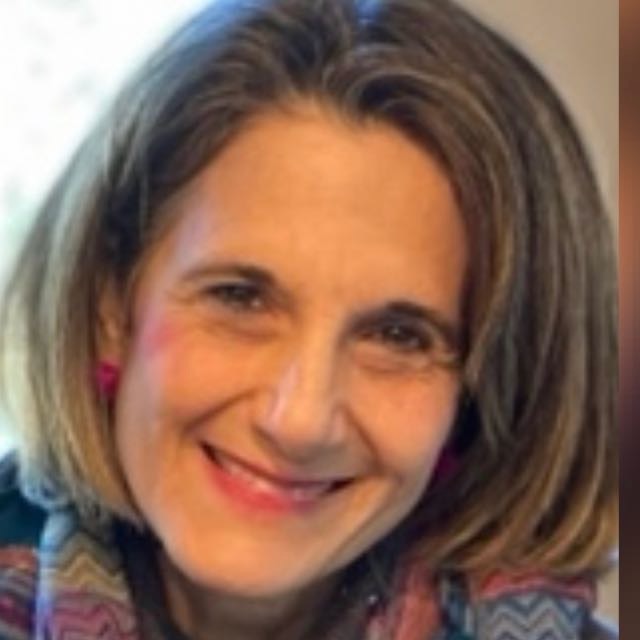
Dr. Desirée Pallais Downing
Assistant Professor of Instruction
The University of Texas at Austin
- MUSTANG ROOM
In this workshop participants will learn how to identify and share their core values with others, as well as develop self-awareness of how these values impact their work & communication styles. Through the use of creating a “Personal User Manual” any type of school leader can develop an avenue to reflect on their work style and share that with others. Personal User Manuals build team trust, accelerate psychological safety for others, and increase co-worker awareness for working styles and preferences. Through the creation and sharing of Personal User Manuals, mentors and mentees can embrace empathy by better understanding one another. Participants in this session will walk away with this session with a protocol for determining core values, an equity definition, and a template of their Personal User Manual that can be used with their team, new teachers, mentors, or faculty members.
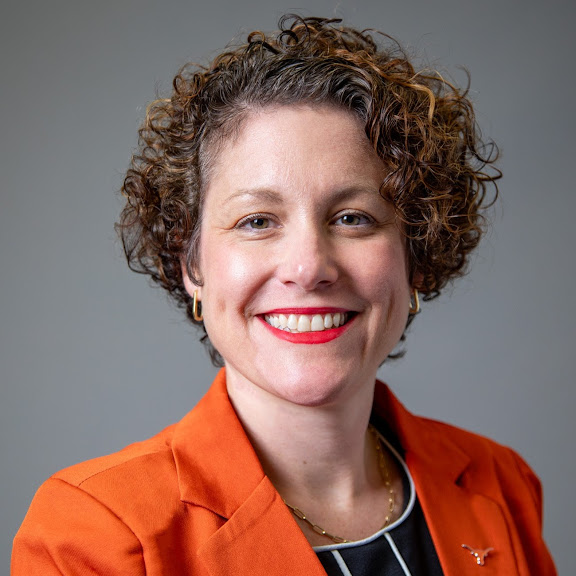
Lindsey Gonzalez
Director of MTSS
Round Rock ISD
Doctoral Student in the Cooperative Superintendency Program
The University of Texas at Austin
- BALCONES ROOM
If, as teachers and coaches, we view behavior as an unmet need, then we can understand the root causes behind student behaviors. The idea that a misbehaving child is a discouraged child is central to Positive Discipline. Unlike the medical model, which looks for diagnoses or a quick fix, Positive Discipline takes an encouragement-based approach, asking, “What is the purpose of the behavior, and how can we use encouragement to change its purpose?”
Often, misbehavior stems from a child’s need to feel a sense of belonging or significance. In this workshop, we will explore how to use the Mistaken Goal Chart to identify the underlying beliefs behind disruptive behaviors. By pinpointing the core belief, we can practice adjusting our responses, using language that promotes connection, encouragement, and skill-building. The goal is to guide students toward feeling a sense of belonging in socially acceptable ways, instead of resorting to misbehavior as a coping mechanism.
This session will also incorporate experiential learning activities that explore the impact of language in the classroom—highlighting the difference between statements that either discourage or empower students. We’ll conclude by practicing a model called Teachers Helping Teachers Problem Solve, where participants will work through real-life scenarios from their classrooms, collaborating with peers to apply Positive Discipline strategies and enhance their coaching practices.
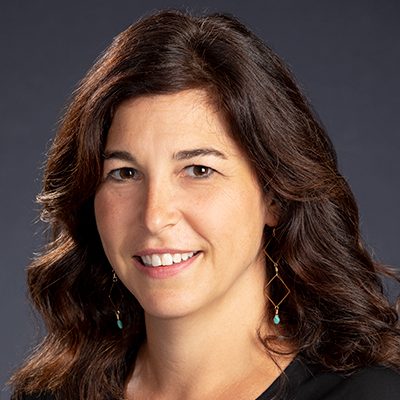
Kelly Cruise, MEd
Associate Professor of Practice
College of Education
The University of Texas at Austin
- TOWER ROOM
[Unfortunately, this session has been cancelled]
When Dobie Middle School was informed of our full campus restart, we weren’t given a script; we were given a question: How do you stay open when everything around you is closing or changing? That question became the heartbeat of this session.
Non-Toxic Positivity 2.0: Openness During Closure builds on last year’s packed session with more space, more strategy, and more honesty. This isn’t about pretending everything is fine; it’s about supporting educators through real, messy, high-stakes challenges with empathy, clarity, and sustainable tools.
You’ll get a quick refresher on the C.U.R.E. for burnout and dive into practical tools for naming and navigating cognitive distortions that show up during times of stress. Expect space for reflection, coaching practice, and community building with others who are leading through uncertainty.
Whether you’re mentoring new teachers, coaching on an underperforming campus, or leading in a district facing hard decisions, this session will help you walk alongside educators with truth, care, and purpose.
Ty Wellman
Instructional Coach
Austin ISD
- STADIUM ROOM
Looking for a high-impact approach to mentoring, coaching, or leading educators who seem disengaged, overwhelmed, or resistant to change? This interactive workshop introduces a powerful coaching framework that blends presence-based strategies with relational practices—designed to meet educators where they are, especially when traditional feedback falls flat.
In this session, we’ll explore what it really means to be “un-coachable”—and why resistance is often a signal, not of defiance, but of unmet needs, burnout, or a lack of relational safety. Through somatic awareness, values clarification, and structured listening tools, you’ll learn how to support even the most reluctant educators with empathy, boundaries, and intention.
You’ll walk away with:
🔍 Tools to recognize resistance as an opportunity for deeper connection
🧠 Strategies that strengthen teacher capacity, engagement, and trust
🧘🏽♀️ Practices to regulate your nervous system and stay grounded during difficult conversations
🤝 A relational framework rooted in safety, empowerment, and presence
📚 Practical ways to integrate this coaching model into existing mentorship and instructional support systems
Whether you’re a mentor, coach, teacher leader, or administrator, this session is for anyone working to build a culture of continuous growth—especially with educators struggling to stay connected. Together, we’ll redefine what it means to coach the “un-coachable” and begin transforming resistance into relationship, resourcefulness, and results.
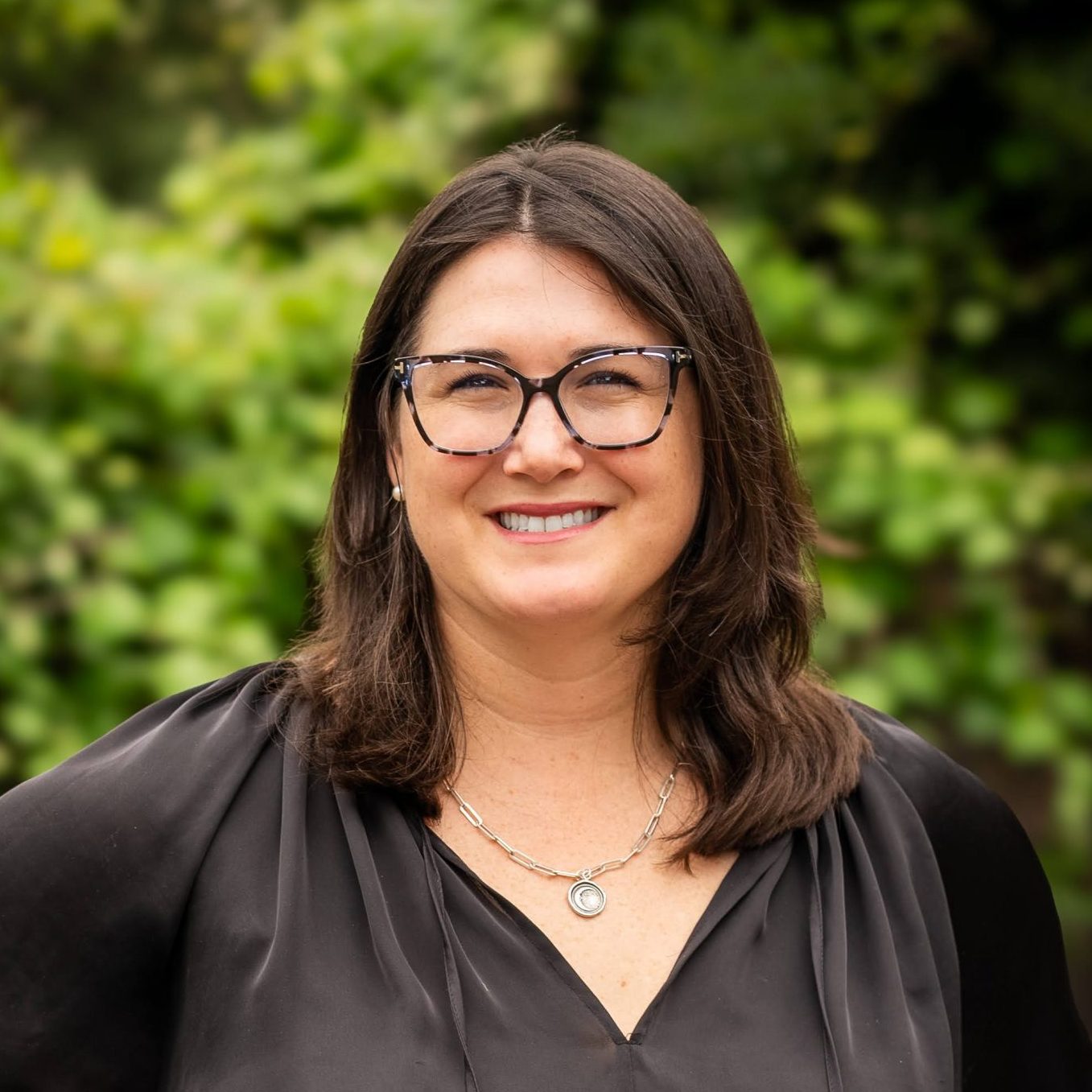
Heather Wong, MEd
STEM Instructional Coach
Dobie Middle School, Austin ISD
- BEVO ROOM
Participants will learn simple strategies and engage in action packed activities to gain a clear understanding of how to incorporate the gradual release of responsibility while strategically, seamlessly, and simultaneously incorporating The Fundamental Five in their daily lessons.
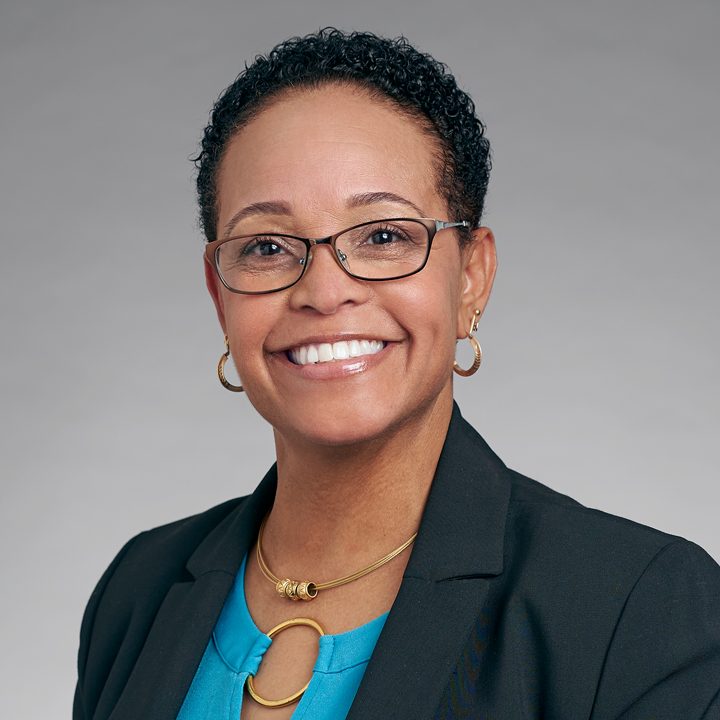
Jenise Wright
Principal
Early College High School & P-TECH Center,
Del Valle ISD
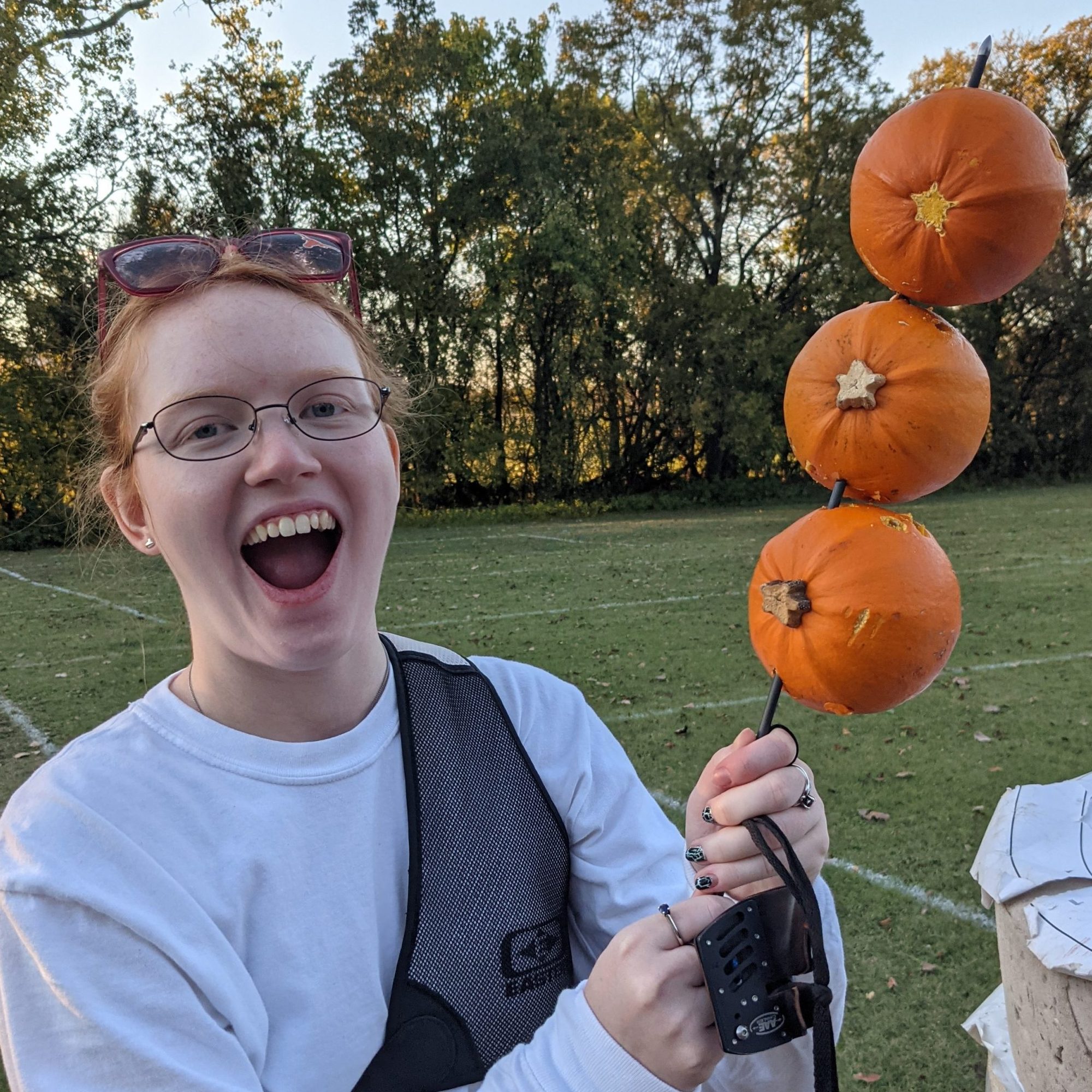
Karen Kalter
Geometry Teacher
Early College High School & P-TECH Center,
Del Valle ISD
Nicole Banacka
OnRamps Pre-Calculus & OnRamps Algebra 2 Teacher
Early College High School & P-TECH Center,
Del Valle ISD

Catherine Newbury
College Transition Teacher
Early College High School & P-TECH Center,
Del Valle ISD
- MUSTANG ROOM
In educational spaces where Latino male students are often misjudged, overlooked, or reduced to stereotypes, this two-part session reclaims the narrative. Inspired by the question, “¿Y por qué no el Edgar?”—a challenge to deficit thinking and a call to recognize brilliance in the margins—we critically examine how identity, resistance, and belonging inform educational opportunity.
Part I centers on understanding Latino male students and the systemic ways they are excluded from the educational process. By highlighting lived experiences and exposing how institutions often fail to see these students as belonging, this session calls for a redefinition of what student success can and should look like.
Part II invites a shift in perspective. Framing education as a space where resistance can and does happen, this part explores how both educators and students can challenge harmful norms—sometimes in small, everyday ways. Through a more humanizing and justice-oriented lens, participants will consider how reimagining their roles can help create spaces of affirmation, care, and quiet resistance within systems not built for everyone.
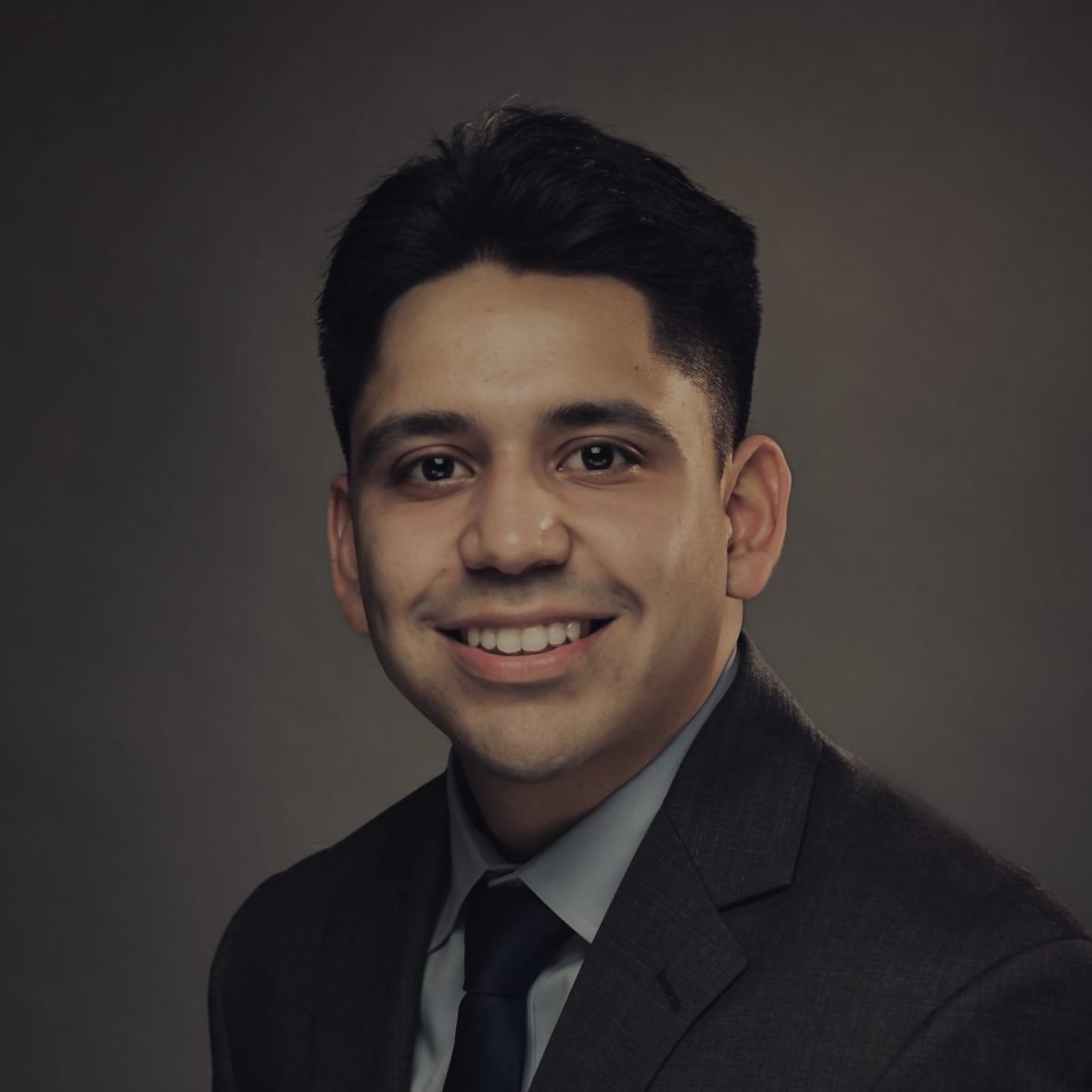
Saul Barrera, M.A .
Doctoral Student, Cultural Studies in Education
The University of Texas at Austi
- TOWER ROOM
Closed session, invite-only.
- BALCONES ROOM
To effectively foster optimal teaching and learning for educators and students to thrive, educators need to have a clear understanding of the connections between their body, brain and nervous system, and support teachers and students with bringing awareness to their own. In this session, we will explore how to weave strategies for wellness into our daily lives as learners and educators. Participants will listen to their brains and bodies to soothe their nervous system, engage in critical self reflection and integrate breath and movement into their teaching/learning practices. These objectives seek to support mentors and instructional coaches in modeling co-regulation with educators to cultivate this practice with students, learn how to promote and respect educator agency and voice and to create a sense of belonging in coaching/mentoring relationships and learning communities. Participants will learn ways to strengthen their stress response system and emotional regulation through participating in co-regulation strategies (relational connection, deep breathing, tapping into bodily sensations, and rhythmic movement) that support calming the nervous system and activating their prefrontal cortex. This session emphasizes the role that emotional awareness, responsive relationships and brain-body connections play in cultivating mentors and teachers to stay, grow and lead.

Rebecca Flores, PhD
Director
New Teacher Center
- STADIUM ROOM
How do you engage your pre-service/novice teacher to be an interactive co-teacher rather than a passive observer? What can you do when you and your partner teacher are stuck on how to balance the delivery of instruction?
In this session, participants will explore the six models of co-teaching developed by Lynn Cooke and Marilyn Friend and the gradual release model of co-teaching developed by the National Center for Teacher Residencies. In order to support pre-service teachers, novice teachers, teacher residents, and teaching assistants, we will explore the following: (1) Utilizing the six models which include: One Teaching/One Observing, One Teaching/One Assisting, Parallel Teaching, Station Teaching, Alternative Teaching, and Team Teaching (2) Examining co-teaching as a strategy to implement the gradual release of instructional leadership responsibilities in the classroom. (3) Considering tools that support reflective conversations and instructional collaboration. By the end of the session participants will be equipped with multiple resources to build a constructive, collaborative, co-teaching relationship.
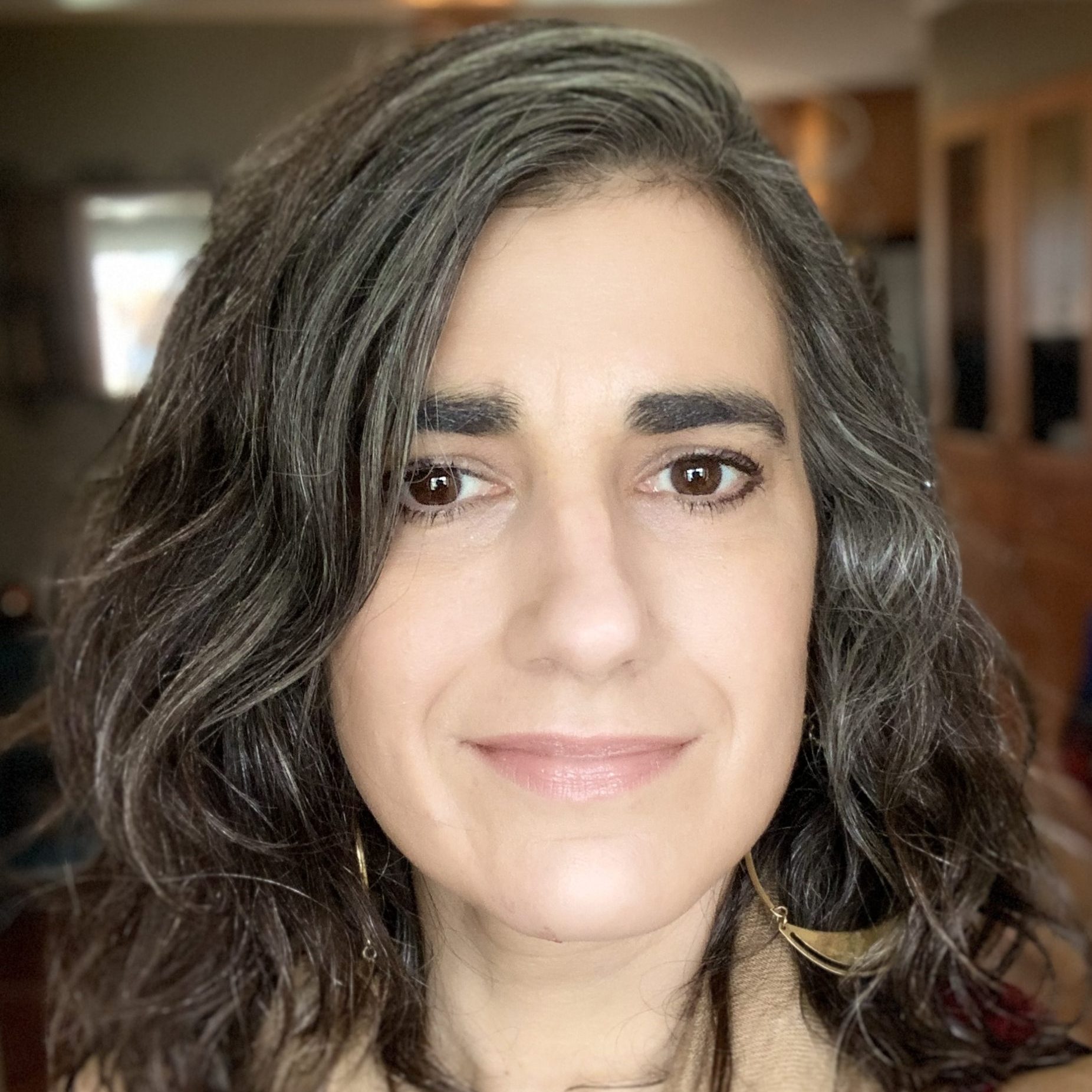
Sarah Johnson, MEd
Project Manager, Teacher Education Residencies
The University of Texas at Austin
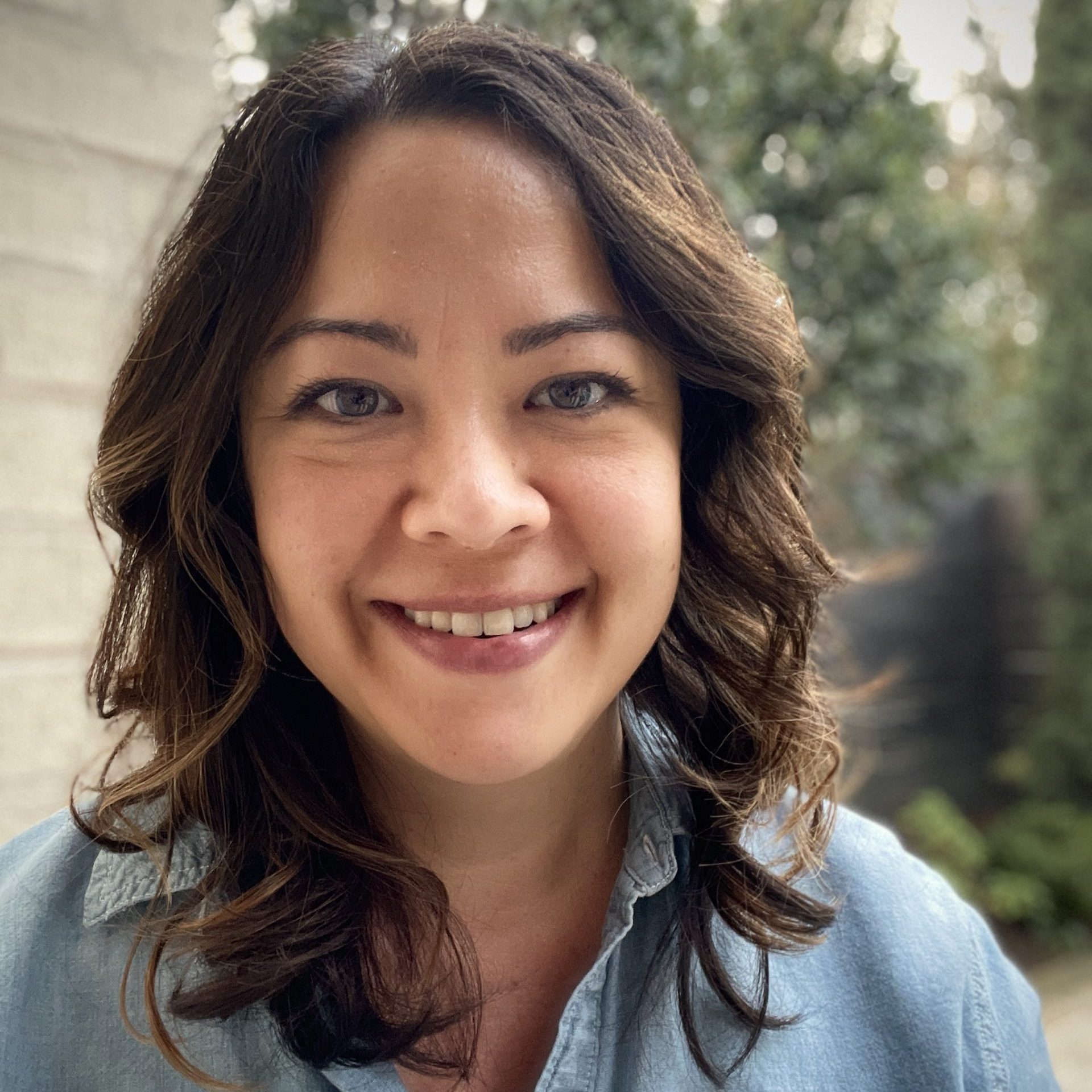
Jen Pan, MEd
Assistant Professor of Practice
The University of Texas at Austin
- BEVO ROOM
This session will encourage you to reflect on who you want to be as a mentor. Together, we will begin to outline our mentorship philosophies. To do this we will critically reflect on our own experiences and the skills needed to thrive within education. Participants will be encouraged to discuss: What support was most valuable to you as a novice teacher? What needs did you have? Supporting this discussion, we will review the Texas Teacher Standards together, and discuss how these standards can help educators set measurable goals for instruction. We will also ask ourselves: What is missing from these standards? What is the hidden curriculum that educators need to know to their full potential?
In addition to reflecting on our pasts, we will also look to the future. In a rapidly changing educational landscape, how can we continue to prepare ourselves to adapt to new policies and best advocate for our students and colleagues?
This will be a session full of writing, discussion, and art. By the end of the session, participants will leave with a set of personalized core commitments to guide their work as mentors. We will collectively reflect on how our previous work has shaped these tenets, and how we might use them as we move forward in our work supporting teachers at all stages of their careers.
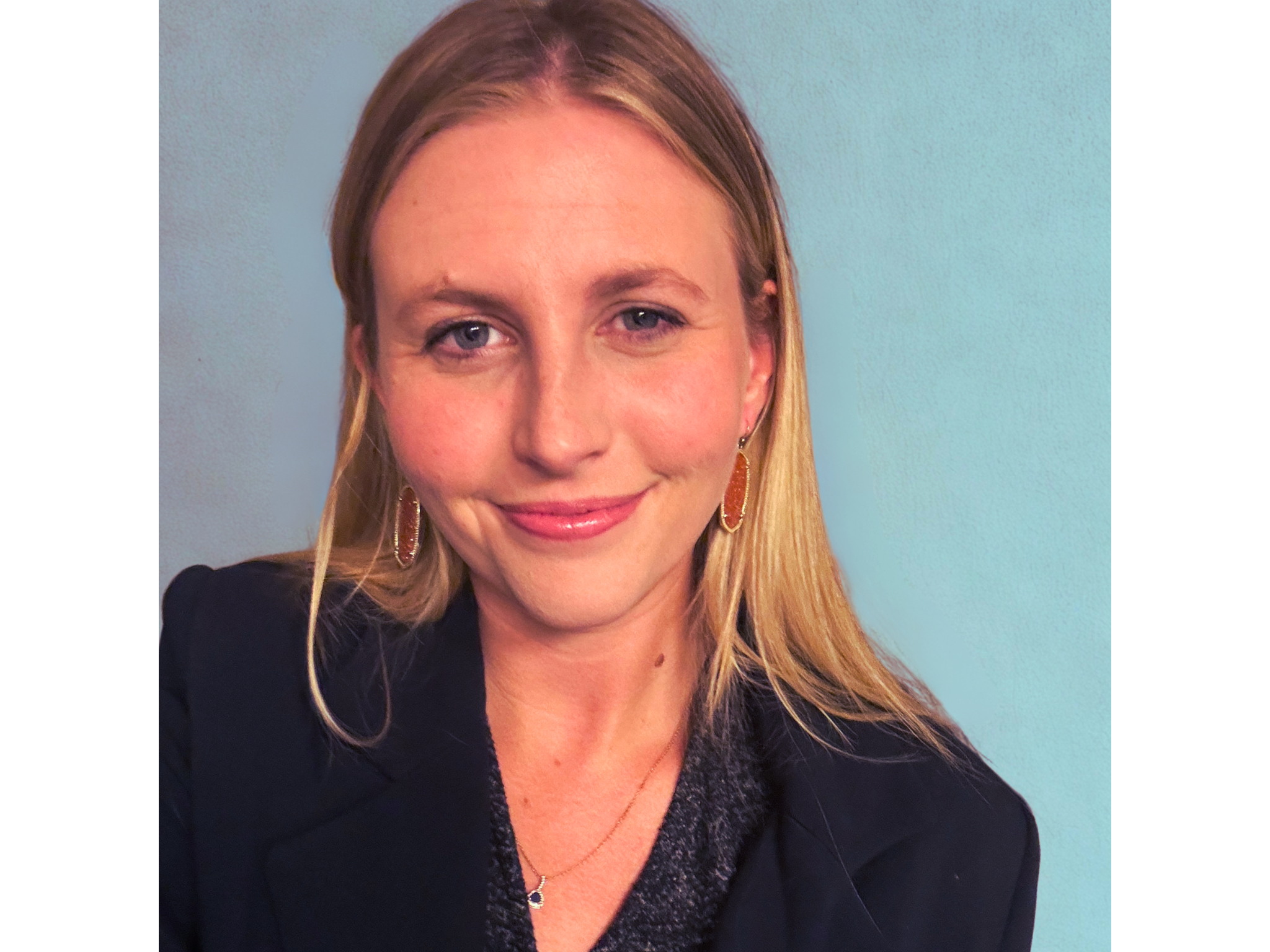
Holly Kowalkowski, PhD
Senior Field Analyst,
Meadows Center for Preventing Educational Risk
The University of Texas at Austin
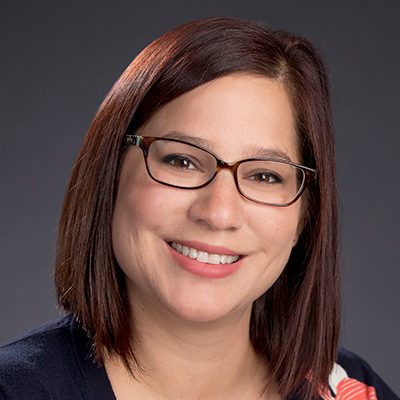
Paty Abril-Gonzalez, PhD
Assistant Professor of Bilingual & Bicultural Education
College of Education
The University of Texas at Austin
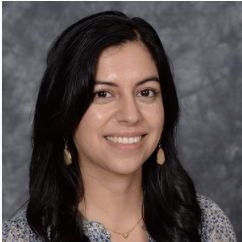
Gabriela Menera, M.Ed
Literacy Coordinator
Del Valle ISD
- MUSTANG ROOM
This is a transformative session designed for mentor teachers to engage in open dialogue with early career teachers about the common fears and anxieties that new educators face. By adopting a transformational mindset, mentors will learn how to quickly build personal relationships with their mentees, fostering an environment of trust and support. Additionally, the session will provide practical teaching resources that mentors can share with new teachers to help them navigate their initial challenges and enhance their classroom effectiveness.
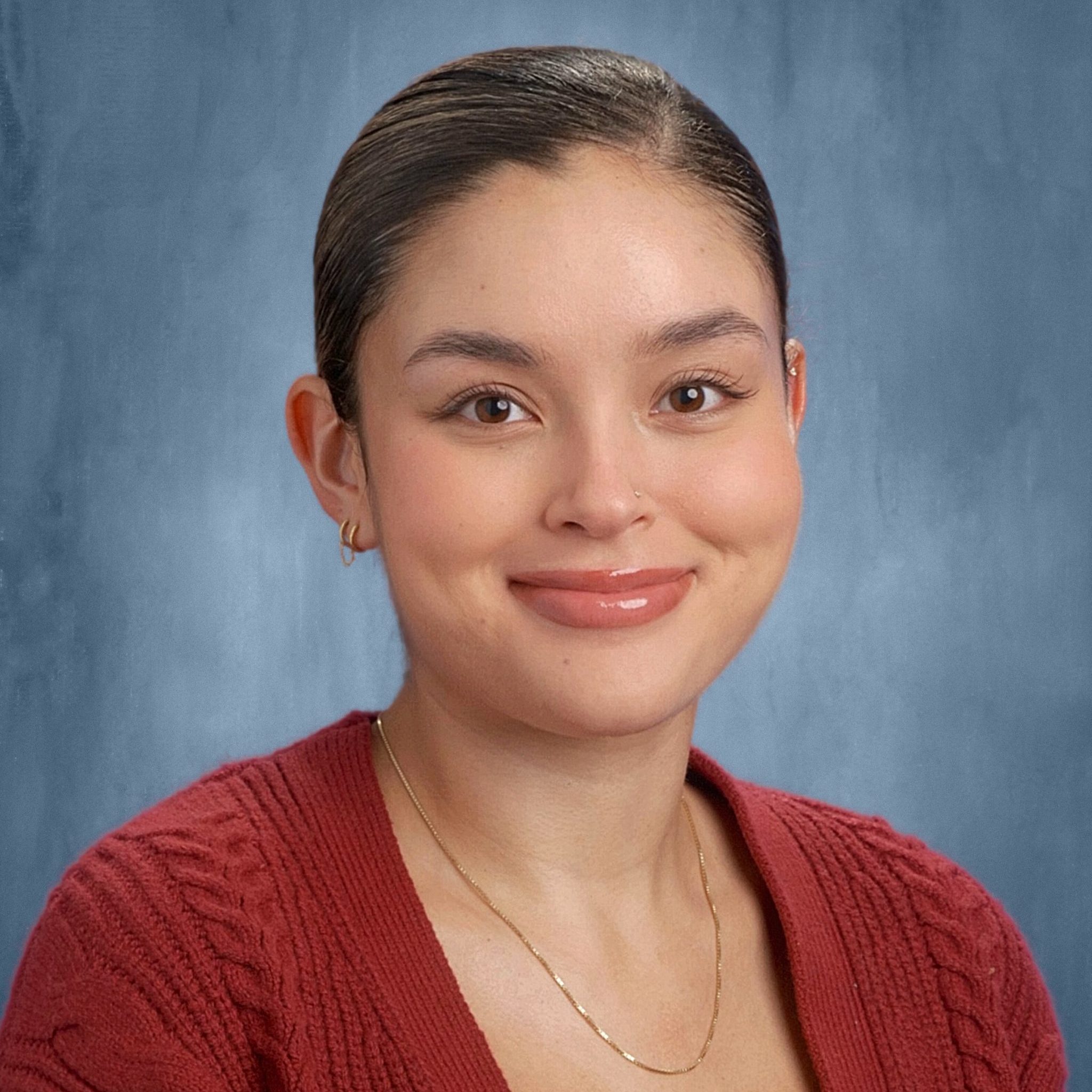
Mandy Phillips
Art Teacher
Del Valle Opportunity Center, Del Valle ISD
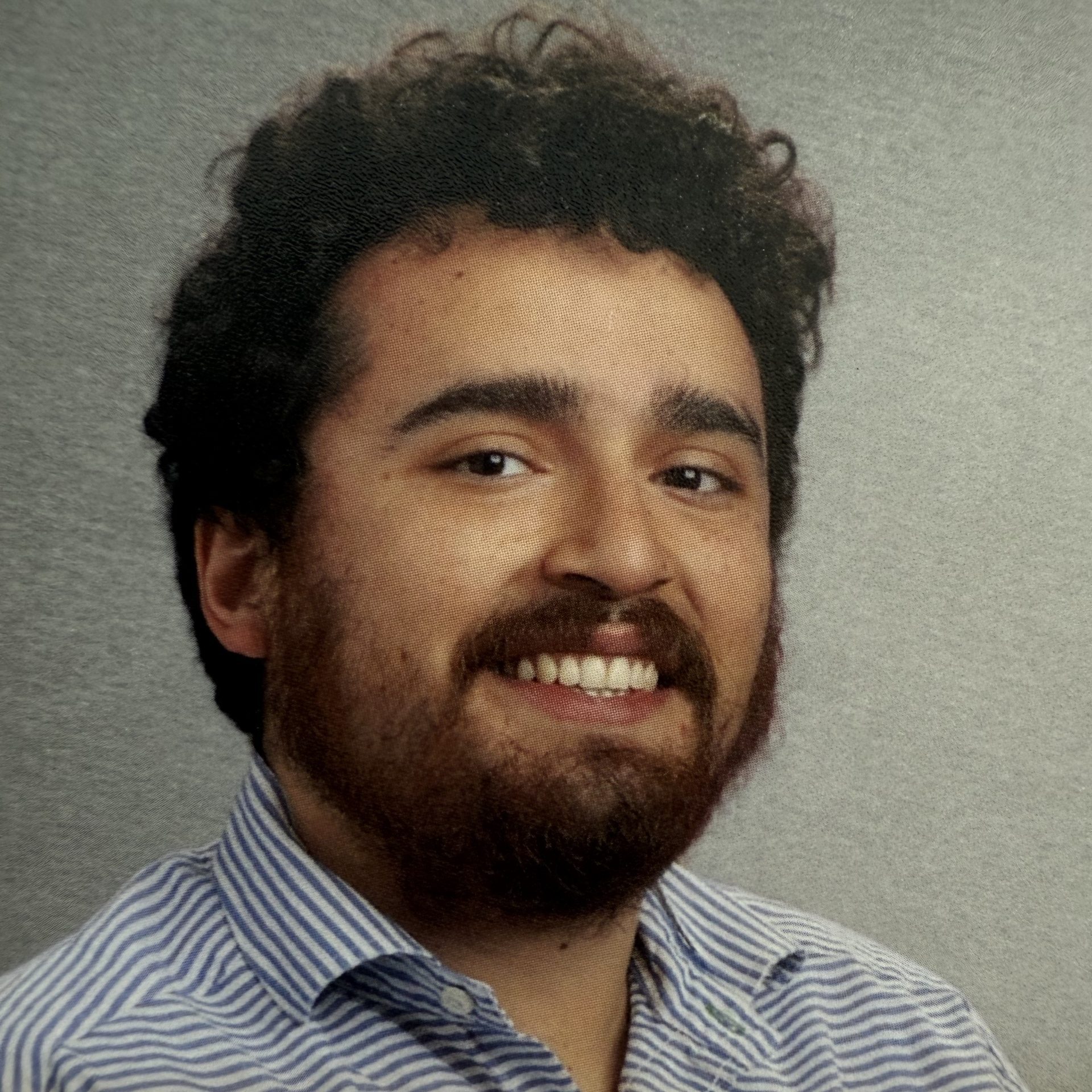
Joshua Sotello
English Teacher
Del Valle Opportunity Center, Del Valle ISD
- TOWER ROOM
Taking seriously the democratic mission of schooling, our research-teacher collaborative (the Transdisciplinary Civic Learning Collaborative) asked what it might mean to support civic learning in math classrooms. In this session we share our research-based framework for interrogating the civic visions communicated in our classrooms and innovating task content, structure and learning environment to support learners in developing mathematics as a tool for demanding and building more just futures. In the session, participants will learn a brief history of the democratic mission of schooling and related research on mathematics and numeracy in civic life. Defining civics as the diverse practices of building thriving communities, we then invite participants to join us in considering the provocation, “all teachers are civics teachers”, and what this means for math teachers. We introduce our framework for Interrogating and Innovating Mathematics Teaching Toward Just Civic Worldbuilding and provide examples from our research and practice across five (non-hierarchical) domains: (1) Building collaborative and dialogic classrooms, (2) Facilitating identity inquiry as a foundation for community building and engagement, (3) Identifying avenues for explicit civics-mathematics connections, (4) Reaching beyond mathematics, (5) Nurturing social, historical, and policy awareness (15 mins). Participants then explore and identify existing spaces and spaces of opportunity in their own mentoring practices and for the teachers they mentor. Through this process, participants articulate for themselves how a civic vision is communicated through mathematics classroom practices and leave with concrete plans for nurturing mathematics teachers to create spaces of generative civic learning toward more just and thriving worlds. Accompanying the workshop, we will provide physical copies of our interactive workbook/ pedagogical zine as a space for reflection and a resource to take home (bit.ly/civicmathTCLC).
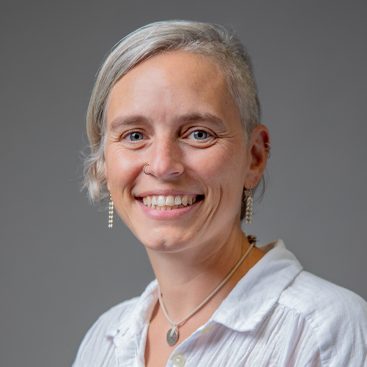
Emma C. Gargroetzi, PhD
Associate Professor of Curriculum and Instruction (STEM Education)
The University of Texas at Austin
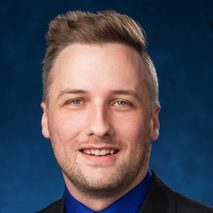
Anthony Hufford
Master Teacher,
Teach North Texas
University of North Texas
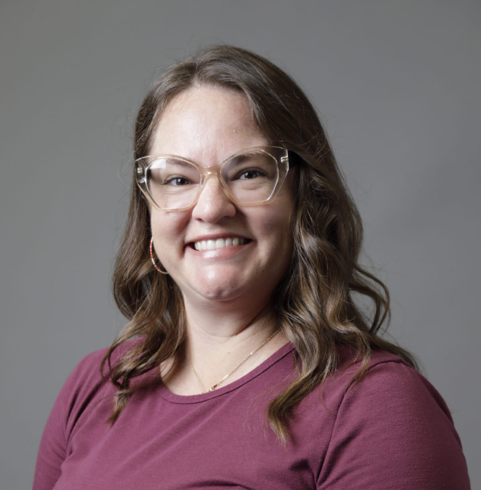
Scarlett Calvin
Doctoral Student in
STEM Education
The University of Texas at Austin
- STADIUM ROOM
The primary objectives of this workshop are to thoroughly examine the significance and core values of fostering healthy relationships as a foundation for effective mentoring. Throughout the presentation, participants will develop crucial skills that facilitate the establishment of trust and open communication, conduct insightful self-assessments of their mentoring relationships, and explore actionable strategies for enhancing these connections through exemplary role modeling. Participants will engage in a variety of interactive activities, including dynamic discussions, reading assignments that delve into relevant literature, focused listening exercises, and writing reflections that will deepen their understanding of relational values within a mentoring framework.
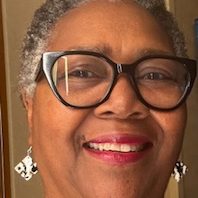
Margaret Daniels
Novice Teacher Support Specialist
Austin ISD
- BEVO ROOM
Are you looking for ways to incorporate reading instruction in Science and Social Studies? Do you work with upper elementary or middle school students who sometimes struggle to access complex informational texts? Is your team looking for ways to build in structured opportunities for collaborative work? Our workshop on Collaborative Strategic Reading (CSR) will give you the tools to do so!
As part of Collaborative Strategic Reading (CSR), students are taught reading strategies they can use before, during, and after reading to tackle challenging informational texts across content areas. They work in pairs or small groups to figure out the meaning of unknown words, get the gist of each section of text, ask and answer questions, and review what they have learned. CSR can be implemented in the general education classroom; it has been shown to be effective with upper-elementary and middle school students (Boardman et al., 2016; Kim et al., 2006, Klingner et al., 1998; Klingner et al., 2004; Vaughn et al., 2011).
We are excited to share strategies mentors and instructional coaches can share with teachers to integrate evidence-based reading instruction into Science and Social Studies content and make texts accessible for struggling readers. We will share resources, run through a sample lesson, provide structured opportunities to brainstorm when and where reading strategy instruction can be embedded, and work through a few problem-solving scenarios based on roadblocks teachers and literacy leaders have faced in the past.
Our goal is to provide information that is both evidence-based and relevant to teachers of diverse students. We will share how accessibility can be built into CSR for emergent bilinguals (EBs) and students with disabilities.
Mentors, teachers, and coaches will leave this session with: (1) an understanding of the CSR strategies, (2) suggestions for talking to their colleagues about the benefits of integrating reading instruction into Science and Social Studies, (3) a plan for successful implementation, (4) ways to use technology to promote accessibility for EBs and students with disabilities, (5) some physical CSR materials, and (6) directions to online resources.
Audrey Merat and Lauren Smailes both taught for 7 years. This year, in collaboration with amazing Texas teachers, they have been conducting research on a new version of CSR.

Lauren Smailes
Associate Researcher,
Meadows Center for Preventing Educational Risk
The University of Texas at Austin
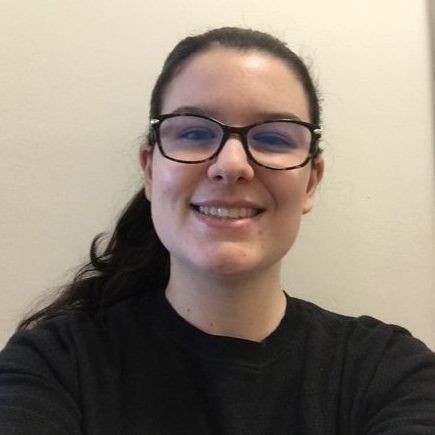
Audrey Merat, MEd
Doctoral Student in Special Education,
Graduate Research Assistant
Meadows Center for Preventing Educational Risk
The University of Texas at Austin
- MUSTANG ROOM
The UT DREAM Family Leadership Network empowers parents as leaders in early childhood systems, math success, and school engagement. This session highlights how we support parents and teachers through collaborative learning opportunities that promote early math learning and family involvement. We’ll share research-based strategies in three areas: equipping families with math knowledge and practical home activities; training parent leaders and teachers together in math content and pedagogy; and building strong school-community connections. Participants will leave with resources to create and sustain programs that elevate family engagement and leadership through mathematics education, collaboration, and opportunities for meaningful parent involvement.
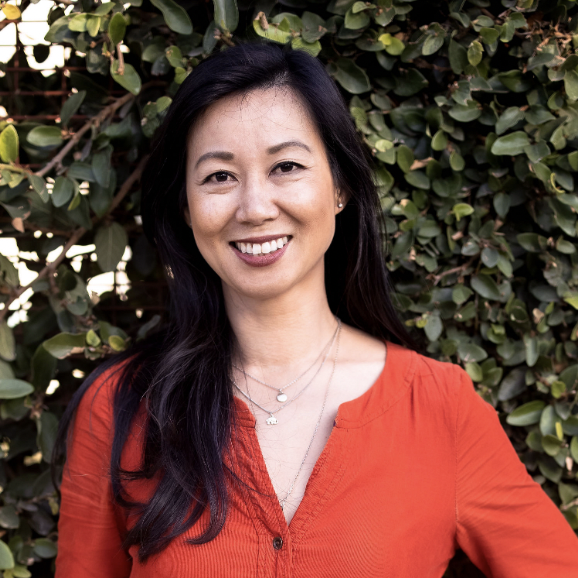
Dr. Cathery Yeh
Assistant Professor of Mathematics Education
The University of Texas at Austin
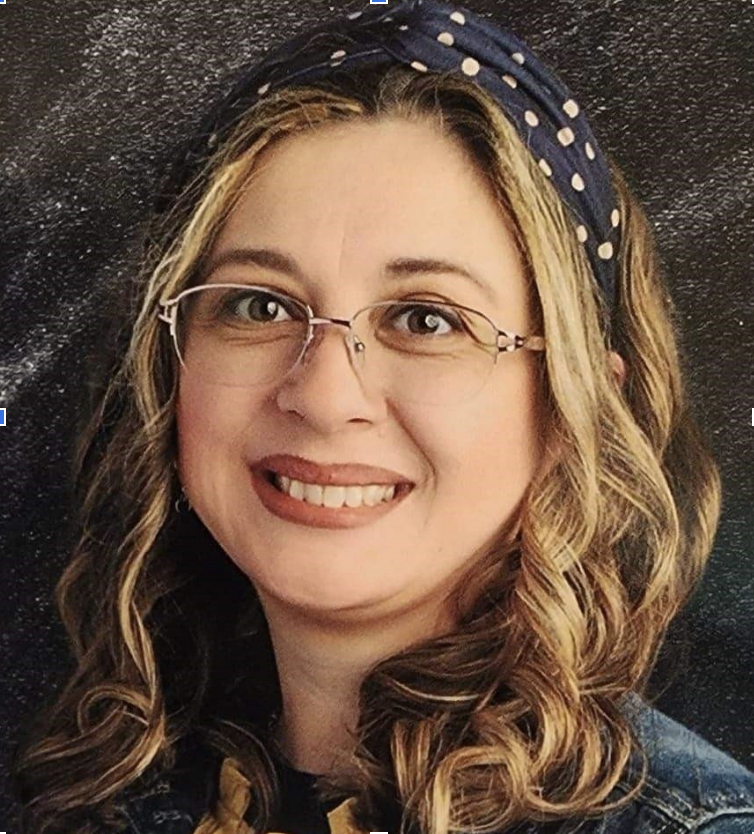
Olivia Barrow
Teacher
Hart Elementary School, Austin ISD
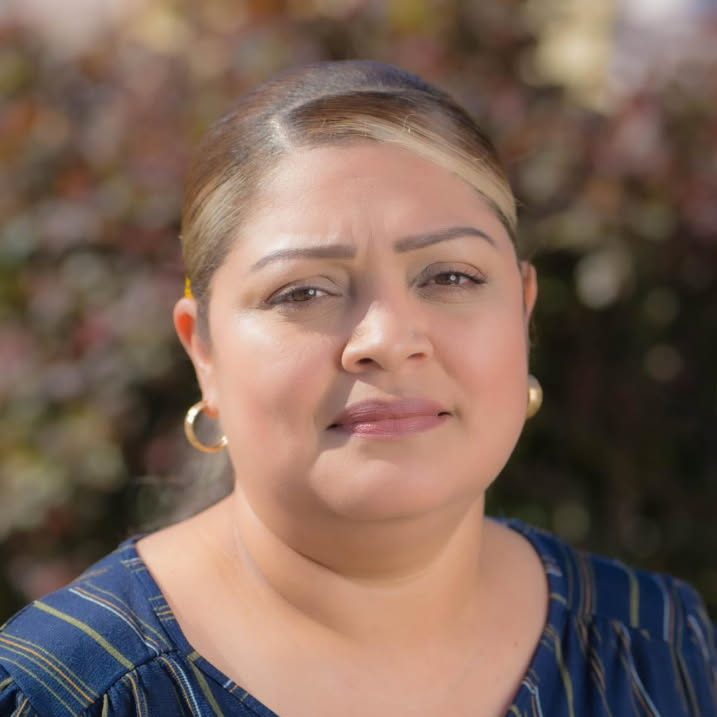
Marcela García
Parent
Hart Elementary School, Austin ISD
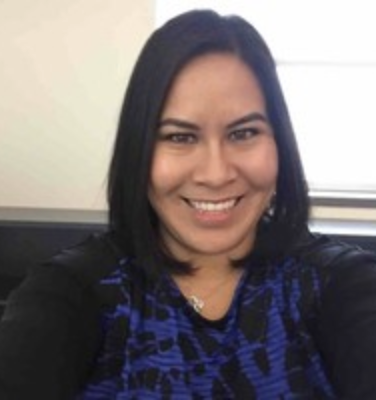
Irán Tovar
PhD Candidate, Field Supervisor, & Assistant Instructor
The University of Texas at Austin
- TOWER ROOM
🎓 Calling All Mentor Teachers and Mentoring Program Facilitators!
My name is Ashli Duncan, and I’m a PhD candidate researching the experiences of new teachers and their mentors. I am conducting a research study to better understand the experiences of mentor teachers and mentoring program facilitators in K–12 schools, and I’d love to hear from you!
Are you currently mentoring new teachers or facilitating a mentoring program? If so, I invite you to participate in a focus group to share your experiences. Your insights will play a vital role in helping to understand how mentorship supports the growth and development of new educators and how we can better support mentors like you. As a thank you for your time, you will receive a $20 gift card to H-E-B or a local movie theater.
If you’re interested in learning more, would like to participate, or have a one-on-one interview, please contact: 📧 Ashli Duncan – duncan.ashli@utexas.edu
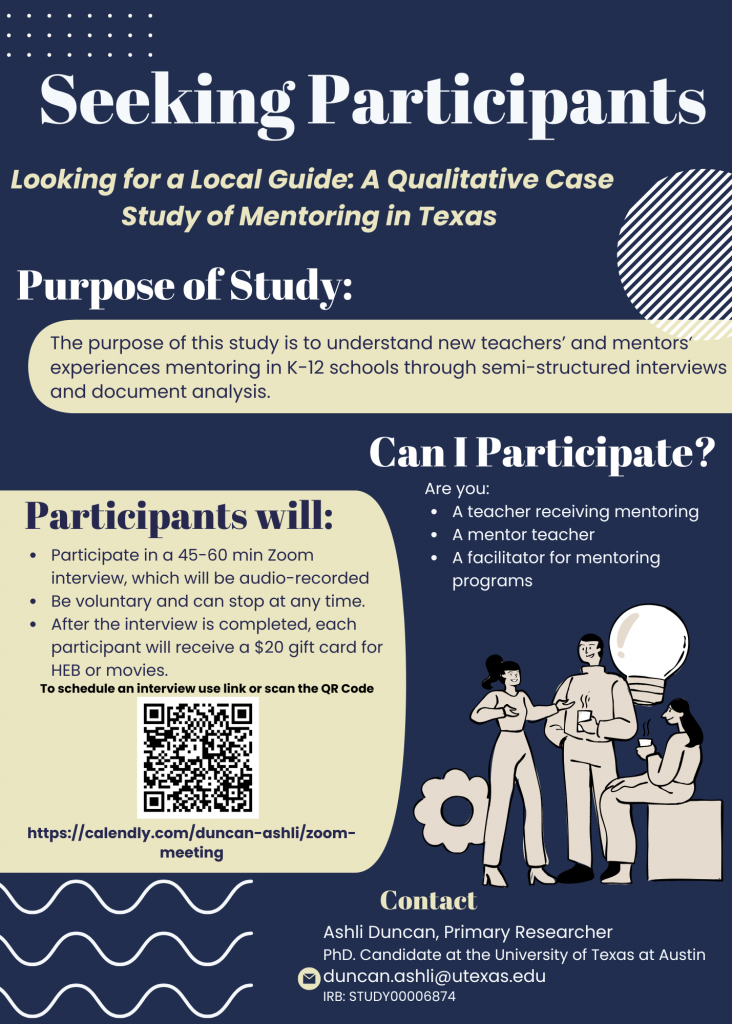

Ashli Duncan, MAT
PhD Candidate
The University of Texas at Austin
- STADIUM ROOM
Curiosity can shift mentoring from evaluation to exploration—helping build trust and deeper understanding. In this session, we’ll introduce the strategy ‘I see, I think, I wonder’—a curiosity-led approach that supports mentors in making objective observations, sharing thoughtful reflections, and asking strength-based questions. This method helps create a safe, balanced space where mentors and mentees grow together through collaborative conversation. You’ll walk away with a strategy that not only supports instructional development, but one you can also use in your own classroom.
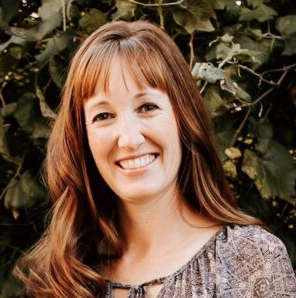
Susan Serenari, MEd
THRIVE Learning Experience Administrator
The University of Texas at Austin
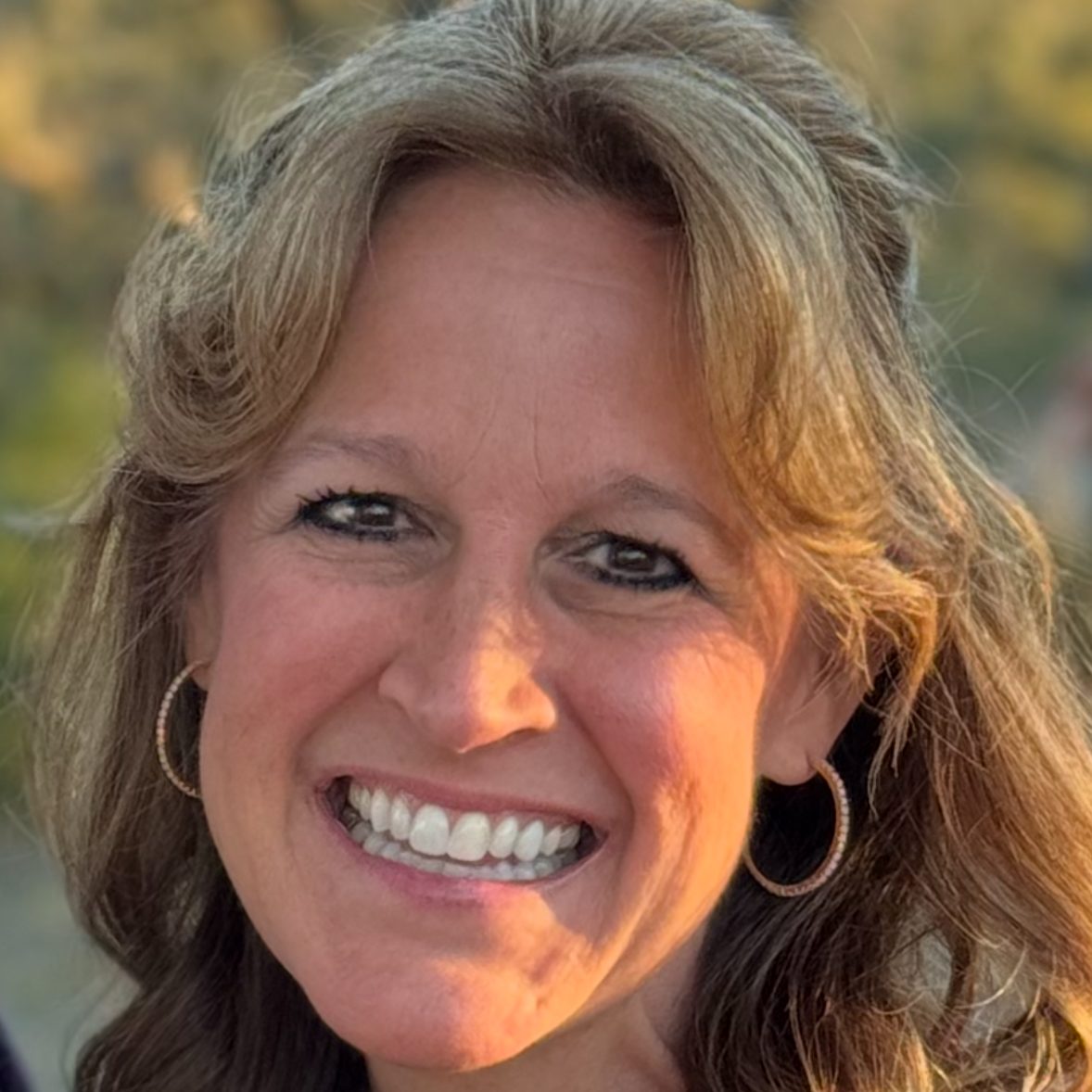
Katie Brown, MEd, NBCT
THRIVE Coach
The University of Texas at Austin
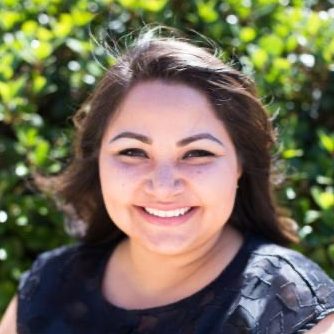
Nathali Lopez
THRIVE Coach
The University of Texas at Austin
- BEVO ROOM
Many Spanish speaking teachers have expressed gratitude or relief when speaking with me because they can do so in their native language. At a time in which people across this nation are being systematically disenfranchised, erased, and denied access to information in their native language, it is imperative that we do not remain silent. As both an act of resistance as well as self-preservation, we will continue to speak our language in public and honor our culture and that of the students we serve.
This presentation will be delivered primarily in Spanish and center on the lived experience of new and experienced mentors. It will take new mentors on a visual and auditory journey through the challenges, opportunities and joy of supporting mentees through their first years of teaching. The objectives of the workshop are to provide a place where Spanish speaking mentors can listen to the stories of those who have already walked in the shoes they will soon be walking in, connect with other mentors and walk away with a sense of inspiration.

Jennifer Ross
THRIVE Coach
The University of Texas at Austin
- MUSTANG ROOM
This session explores Universal Design for Learning (UDL) as a framework for creating inclusive, equitable math classrooms that view student diversity as a strength. We will introduce the UDL Math Learning Lab—a collaborative process for teachers focused on building culturally responsive, barrier-free learning environments through UDL principles. Participants will engage in hands-on activities drawn from the UDL Math Learning Lab model, including mentoring and professional development practices designed to eliminate environmental and instructional barriers to student success. As part of the essential UDL process, we will share how to identify critical math learning goals, confer with students, and uncover and remove barriers related to beliefs, curriculum, pedagogy, and assessments that affect student engagement and participation.

Dr. Cathery Yeh
Assistant Professor of Mathematics Education
The University of Texas at Austin
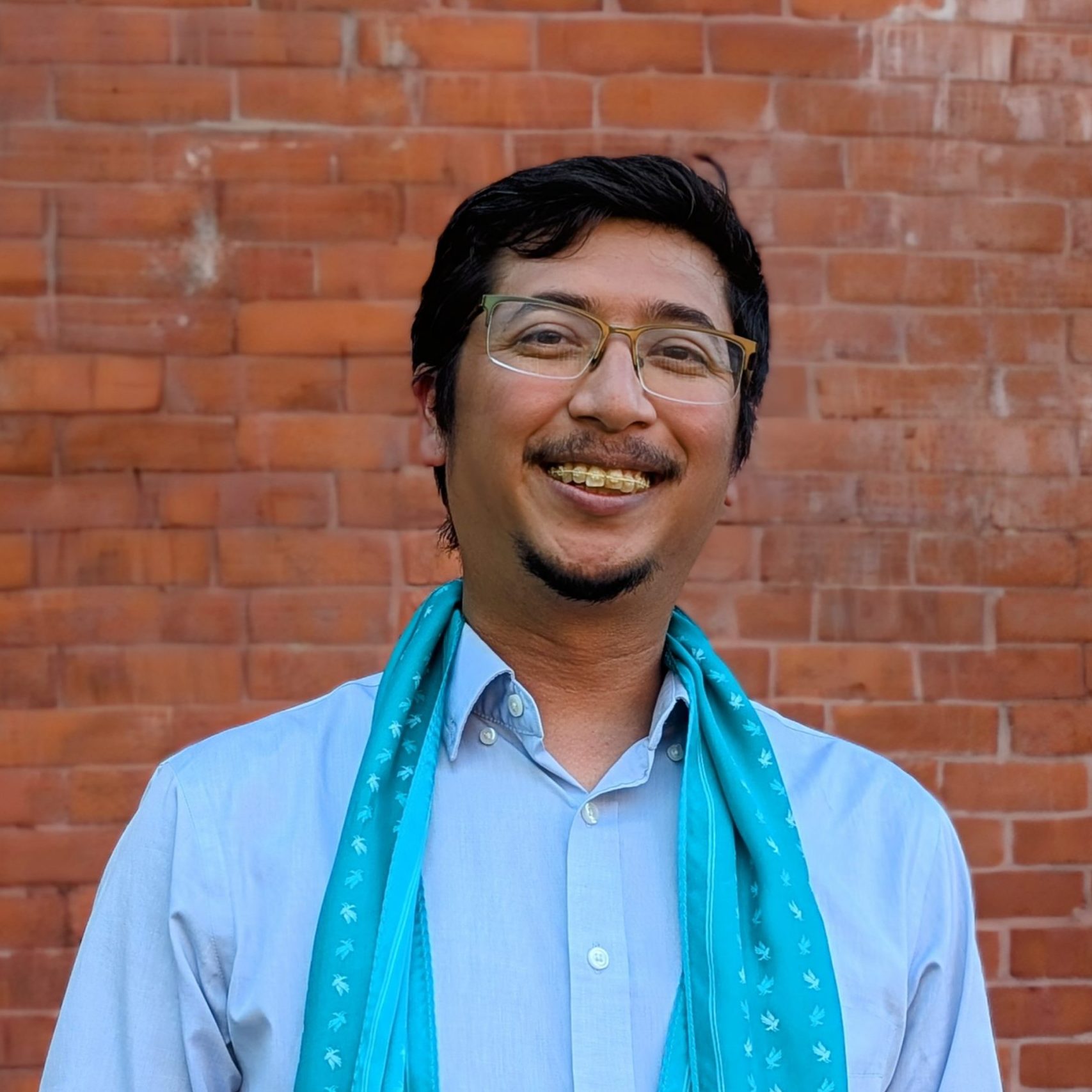
Aristotle Ou
Doctoral Student in STEM Education
The University of Texas at Austin
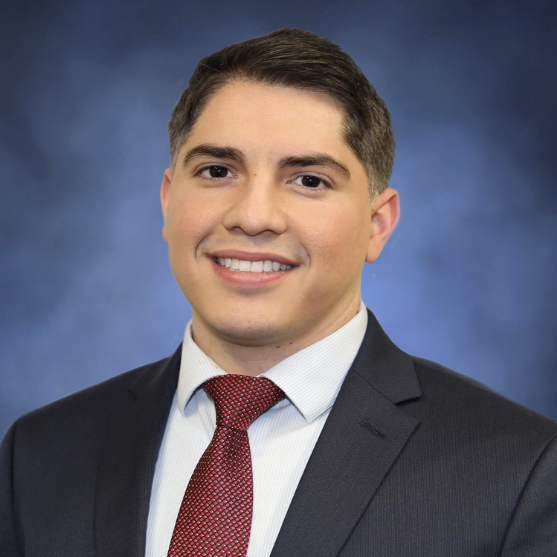
Larry Perez
Principal
Hart Elementary School, Austin ISD
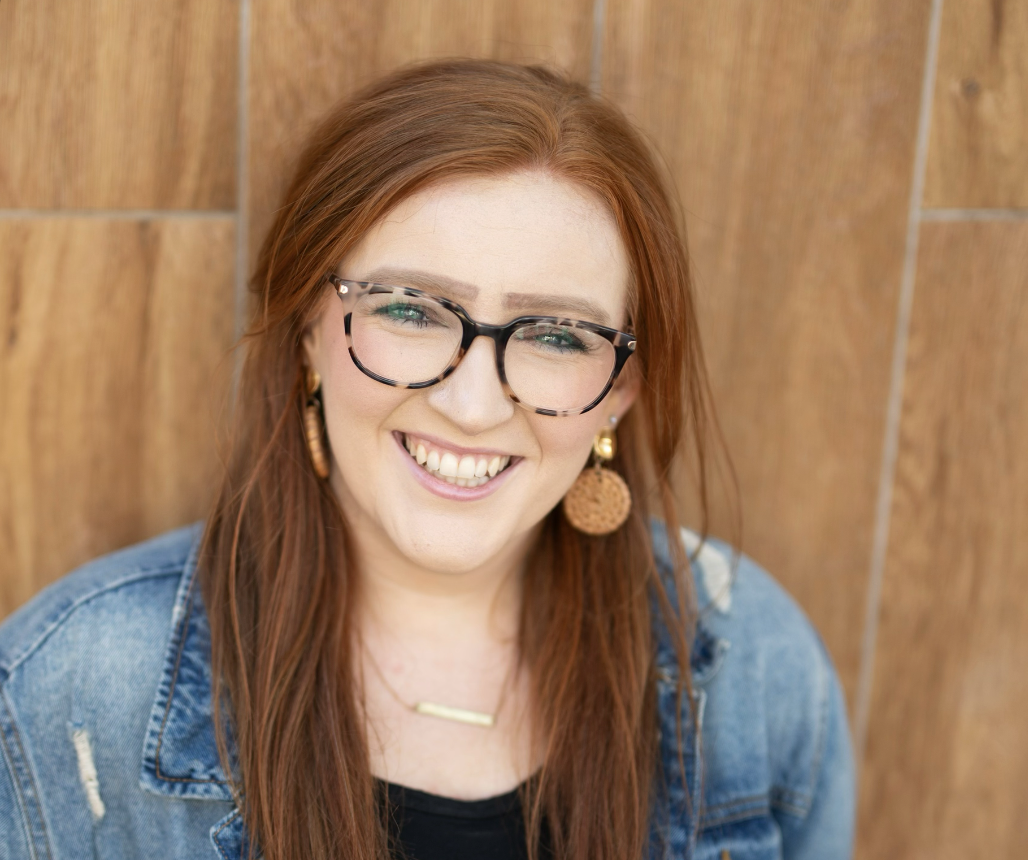
Elizabeth Wilson
Instructional Coach
Hart Elementary School, Austin ISD
- TOWER ROOM
Recently, school districts have turned to a new population of teachers to help fill vacant positions: uncertified (and most often underprepared) teachers. Multiple strategies are needed to change this alarming trend. UTeach for Texas at UT Austin has partnered with several Texas school systems to pilot programs aimed at addressing this issue. Hear what has worked, what hasn’t, and what can be done next.
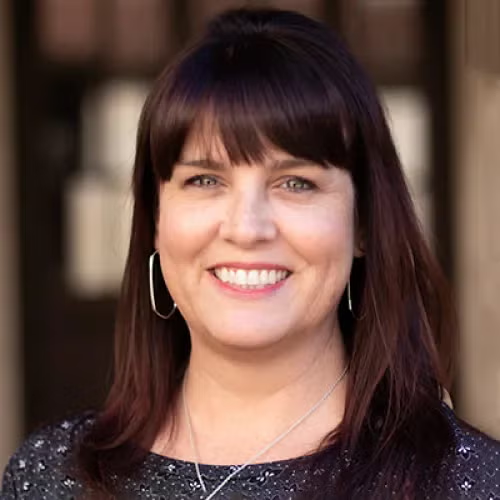
Carrie Culpepper
Program Manager, UTeach for Texas
The University of Texas at Austin
- STADIUM ROOM
The first three years are a critical time for pre-service and early service teachers in terms of recruitment and retention. In the beginning of their careers, teachers tend to enter the workforce with passion that can lead to teacher burnout. Teacher burnout is a common problem in the education system, characterized by emotional exhaustion, depersonalization, and a reduced sense of personal accomplishment. It can be caused by a variety of factors, including high workload, lack of support, and challenging student behavior. Teacher burnout not only negatively impacts the mental health and well-being of educators, but it can also affect the quality of education that students receive. To support sustainable education careers, including evidence-based strategies that support teachers’ mental health and well-being can be key to long-term success.
In this symposium, mentors will learn essential burnout prevention skills such as self-awareness, self-reflection, and boundary setting practices that can be incorporated into everyday teaching. Mentors will learn to (1) identify the early signs of burnout in pre-service and early service teachers, (2) teach and model boundary-setting strategies to help mentees manage workload and maintain work-life balance, and (3) create a personalized toolkit of burnout prevention strategies that can be shared with mentees.
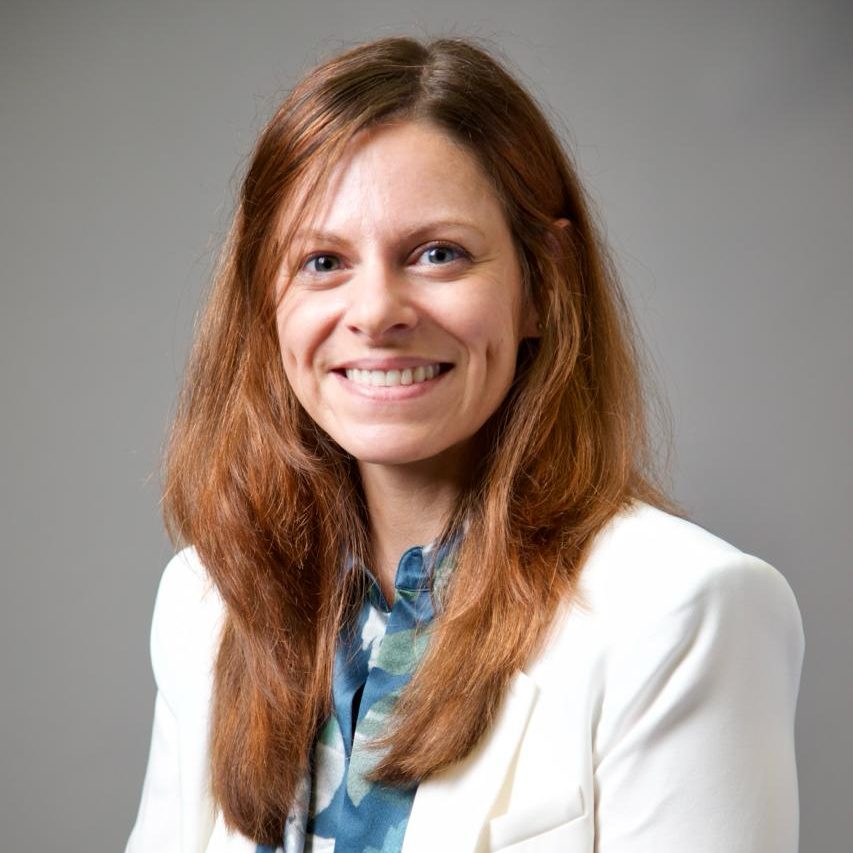
Sarah A. Mason, PhD
Postdoctoral Fellow at Texas Center for Equity Promotion
The University of Texas at Austin
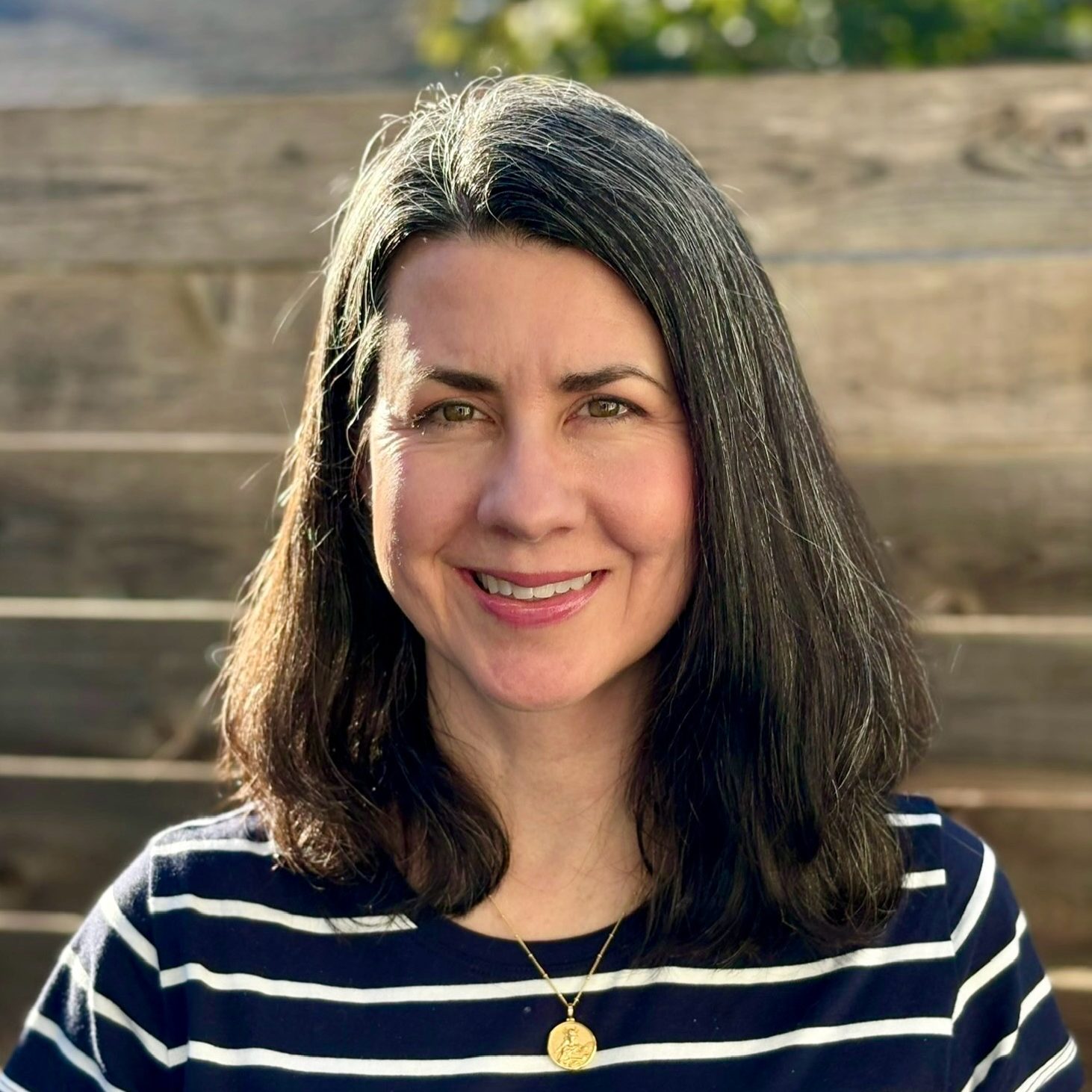
Emily B. Hardeman
Doctoral Student in Special Education, CALT
The University of Texas at Austin

Kathleen K. Mason
Doctoral Student in Special Education
The University of Texas at Austin
- BEVO ROOM
As Texas public school districts are approving Bible-based curricula for reading instruction, elementary school educators are challenged to teach in ways that are inclusive, neutral, and respectful of the separation of church and state.
This workshop will guide educators through engaging strategies for navigating this new curriculum in ways that (a) leverage high quality children’s books as instructional resources, (b) advocate for students, and (c) foster responsive classroom environments.
The session will begin with an overview and discussion of the new curriculum and its biblical foundations. Participants will explore how to frame these lessons using instructional approaches that focus on universal values such as kindness, empathy, justice, and community.
Participants will engage with a wide range of high-quality children’s books and materials that encompass these universal values and can be leveraged as resources that not only support literacy development but also provide windows into varied worldviews and perspectives.
Finally, this workshop will offer a forum to share ideas and recommendations for using children’s books to nurture responsive instructional experiences that recognize and value learners’ own inner knowledge, religious or otherwise.
Participants will receive booklists, teaching resources, and practical takeaways for their unique classroom communities.
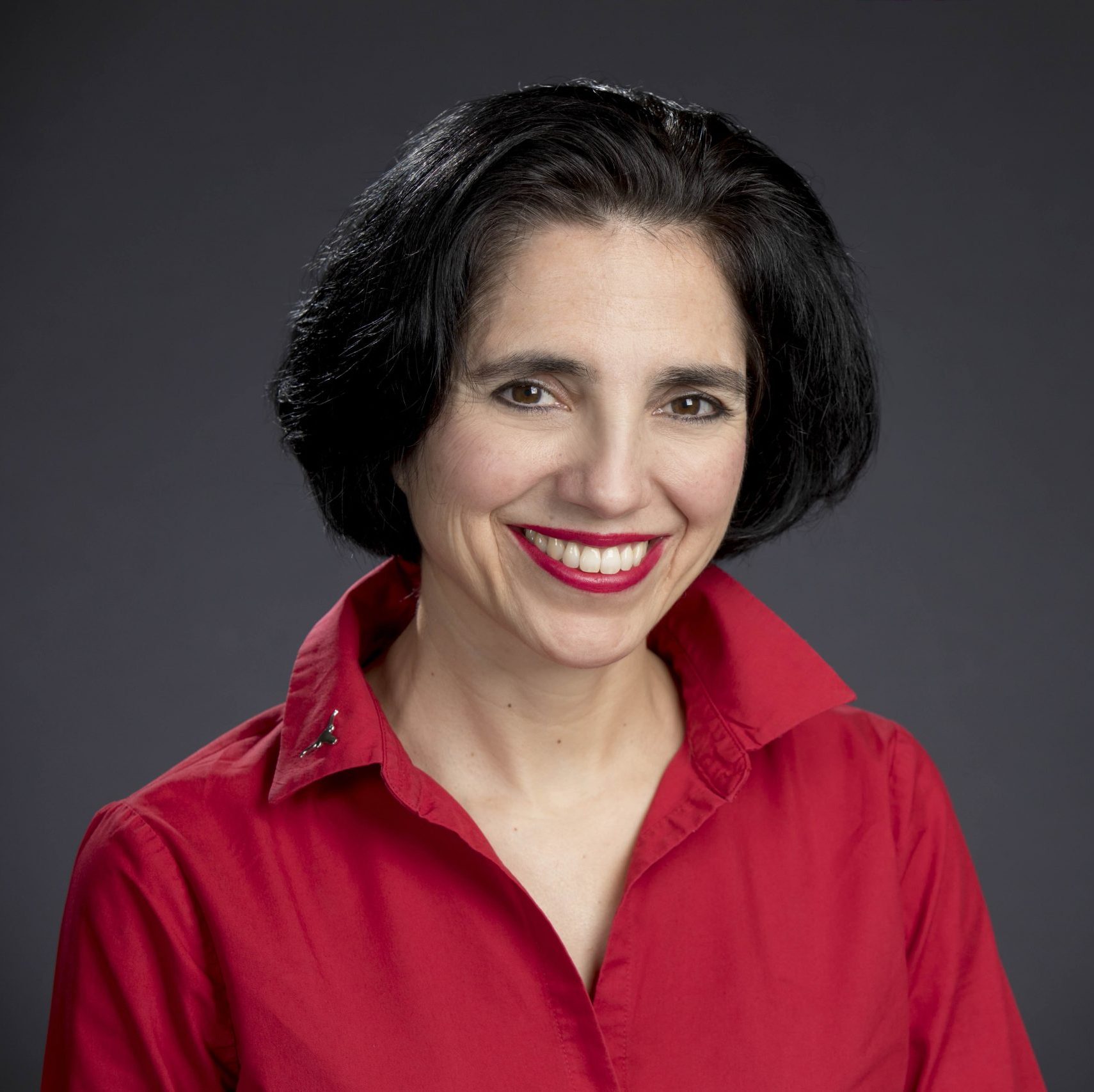
Denise Dávila, PhD
Associate Professor of Literacy and Children’s Literature
The University of Texas at Austin
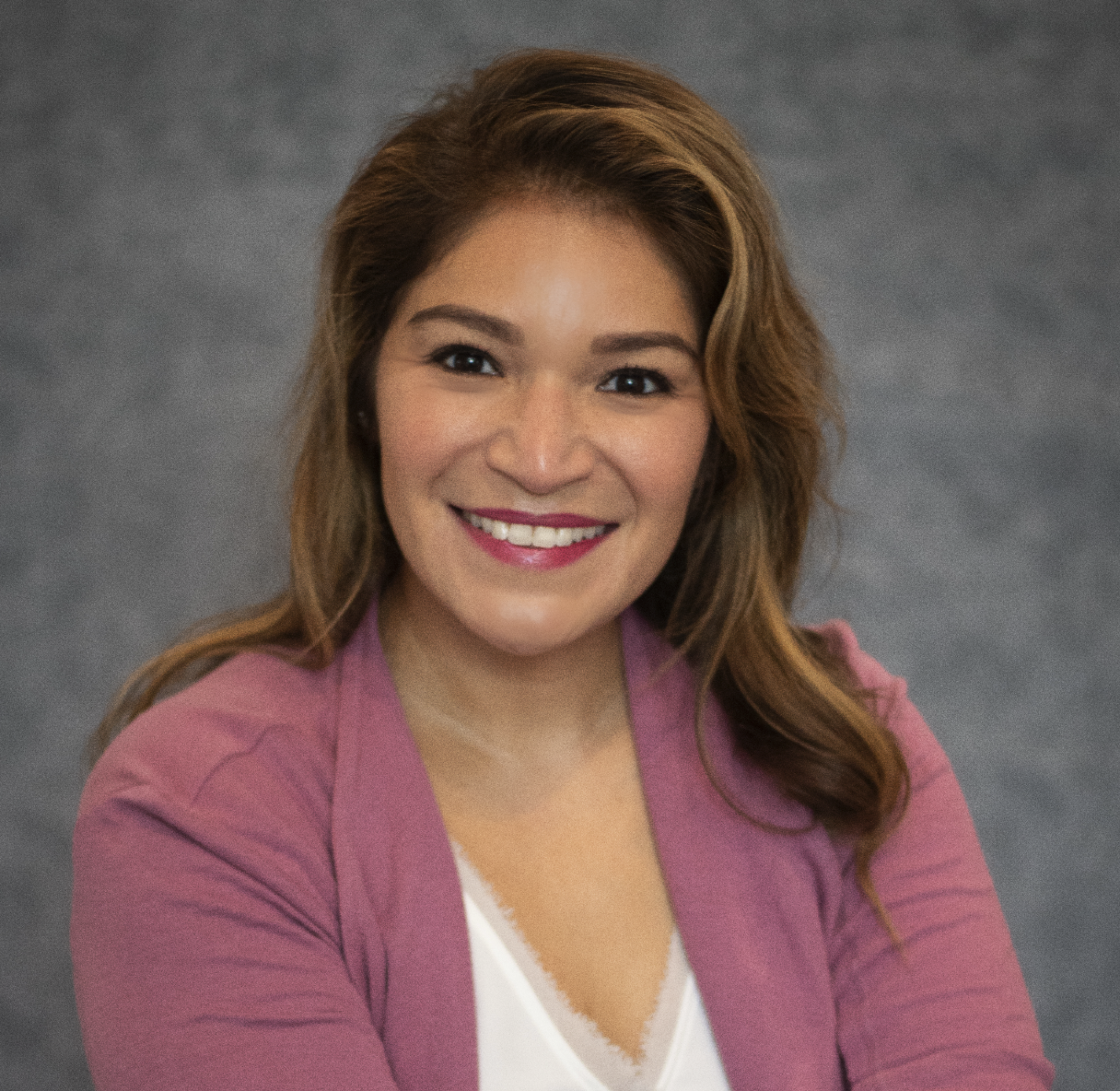
Laura Sanchez, MEd
Doctoral Student
The University of Texas at Austin
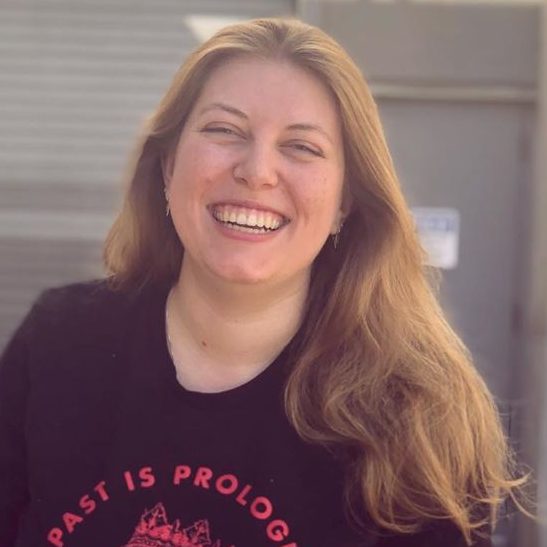
Jennifer Sturley
Graduate Student
The University of Texas at Austin
- MUSTANG ROOM
During this presentation, participants will explore and develop an understanding of their blind spot, which will help them cultivate self-awareness and recognize their strengths. Additionally, participants will investigate how they can cultivate an asset-based mindset through neuroscience. Furthermore, participants will explore how transforming their mindset as leaders, mentors, and teachers allows them to become change agents.
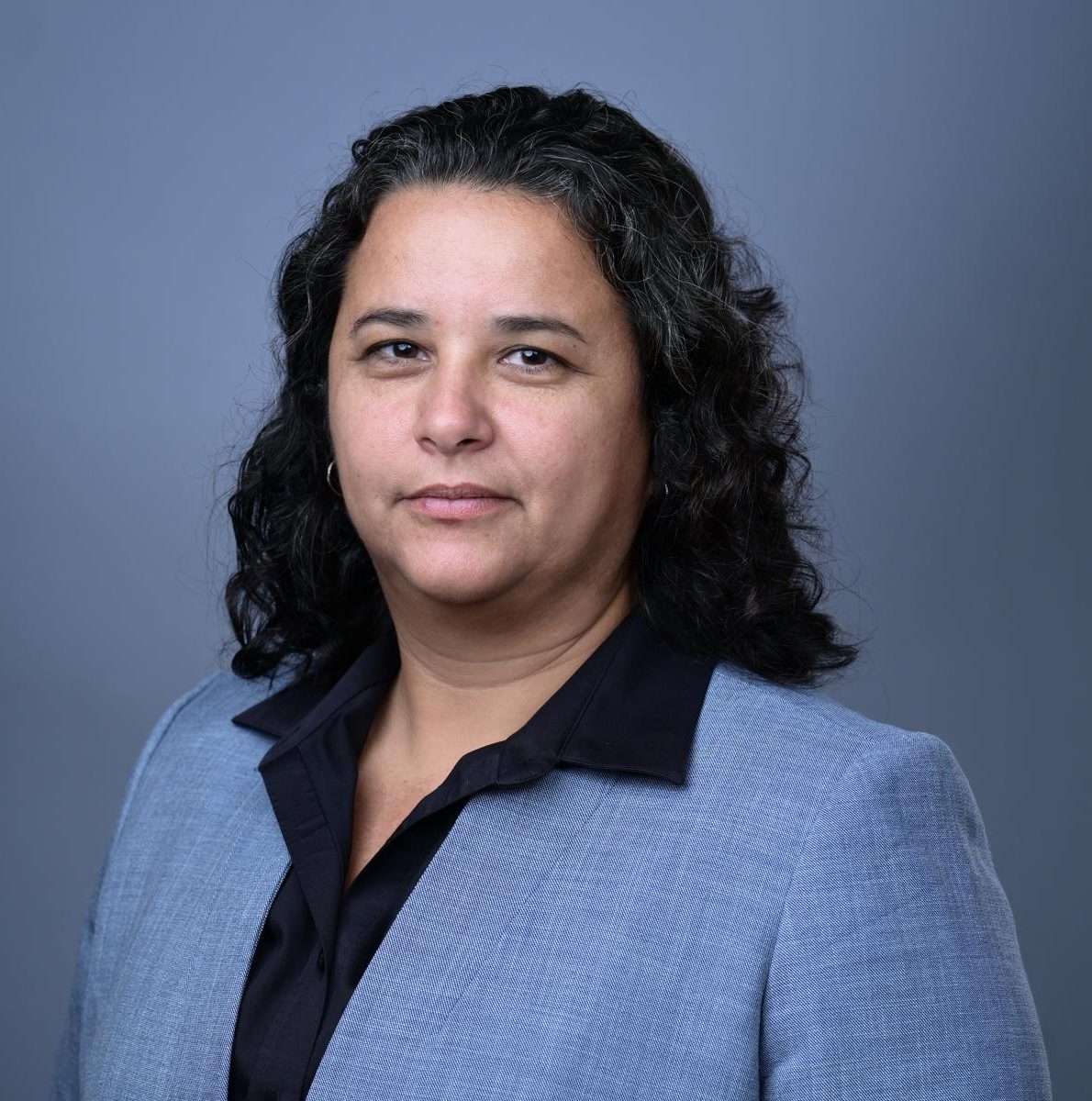
Ana Fantini, PhD
Associate Professor of Instruction
The University of Texas at Austin
- TOWER ROOM
In recent years, much scholarly and popular attention has been given to the mental, physical, and emotional benefits of mindfulness. Mindfulness practices can lower anxiety and depression; the same practices can increase focus, productivity, and self-compassion. This workshop equips educators and those who work with educators with practical, accessible approaches to cultivating mindfulness in their professional and personal lives. The workshop assumes no existing knowledge or practice of mindfulness techniques; the only requirement is to have an open mind and a willingness to experience some discomfort on the mindfulness journey. Participants will learn the value of conducting personal audits, explore journaling strategies, engage in a brief meditation session, and receive handouts to support the further application of these approaches in their own work. The focus here is on zero-cost, high return approaches that can become regular practices or intermittent “resets,” in service of the ultimate goal of helping educators and those who support them live happier, healthier lives, in the classroom and beyond.
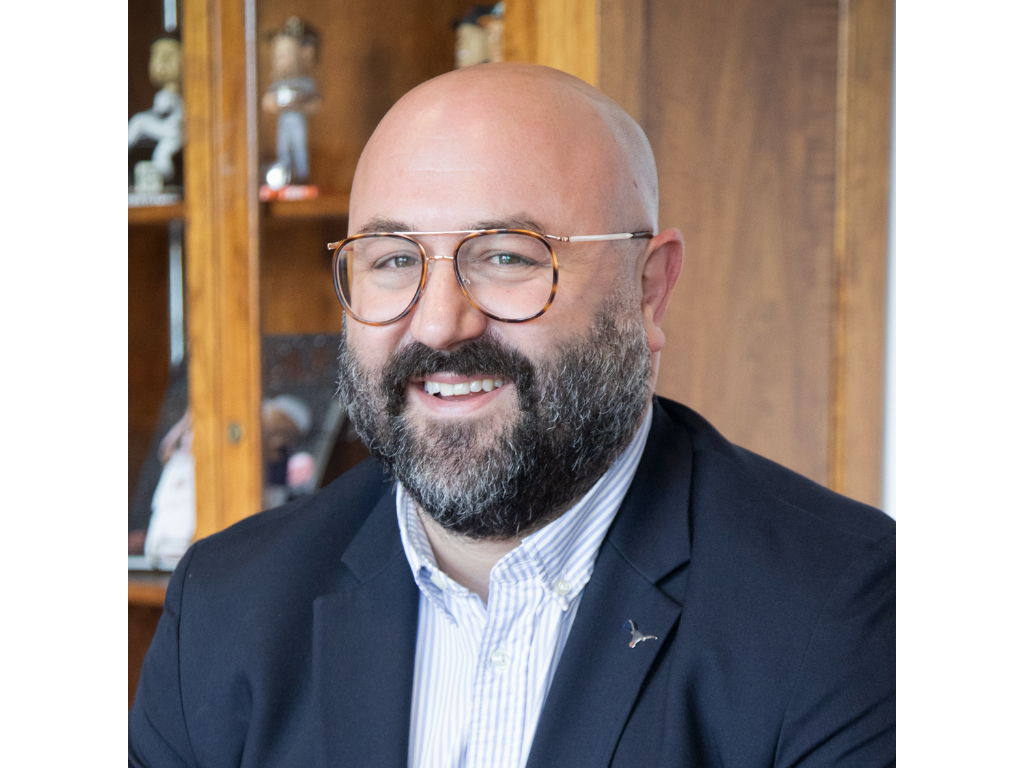
Tolga Ozyurtcu, PhD
Associate Professor of Instruction
The University of Texas at Austin
